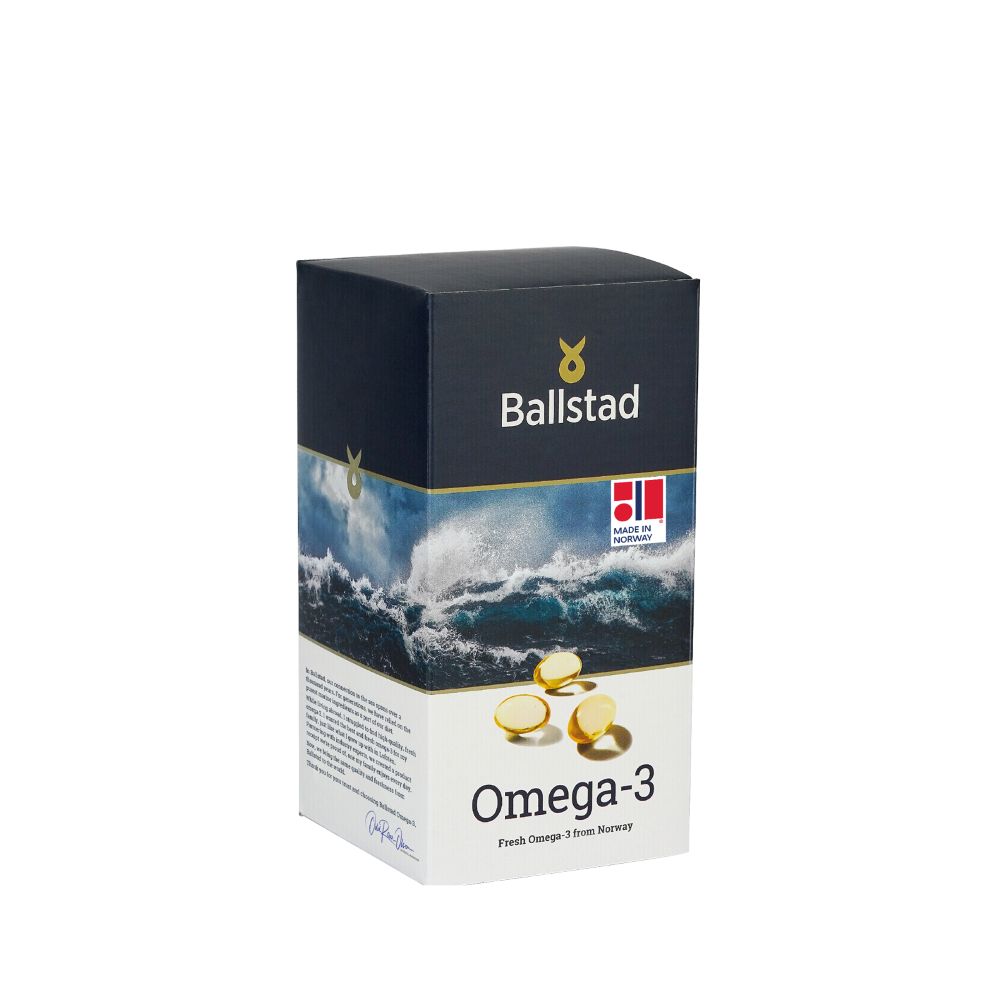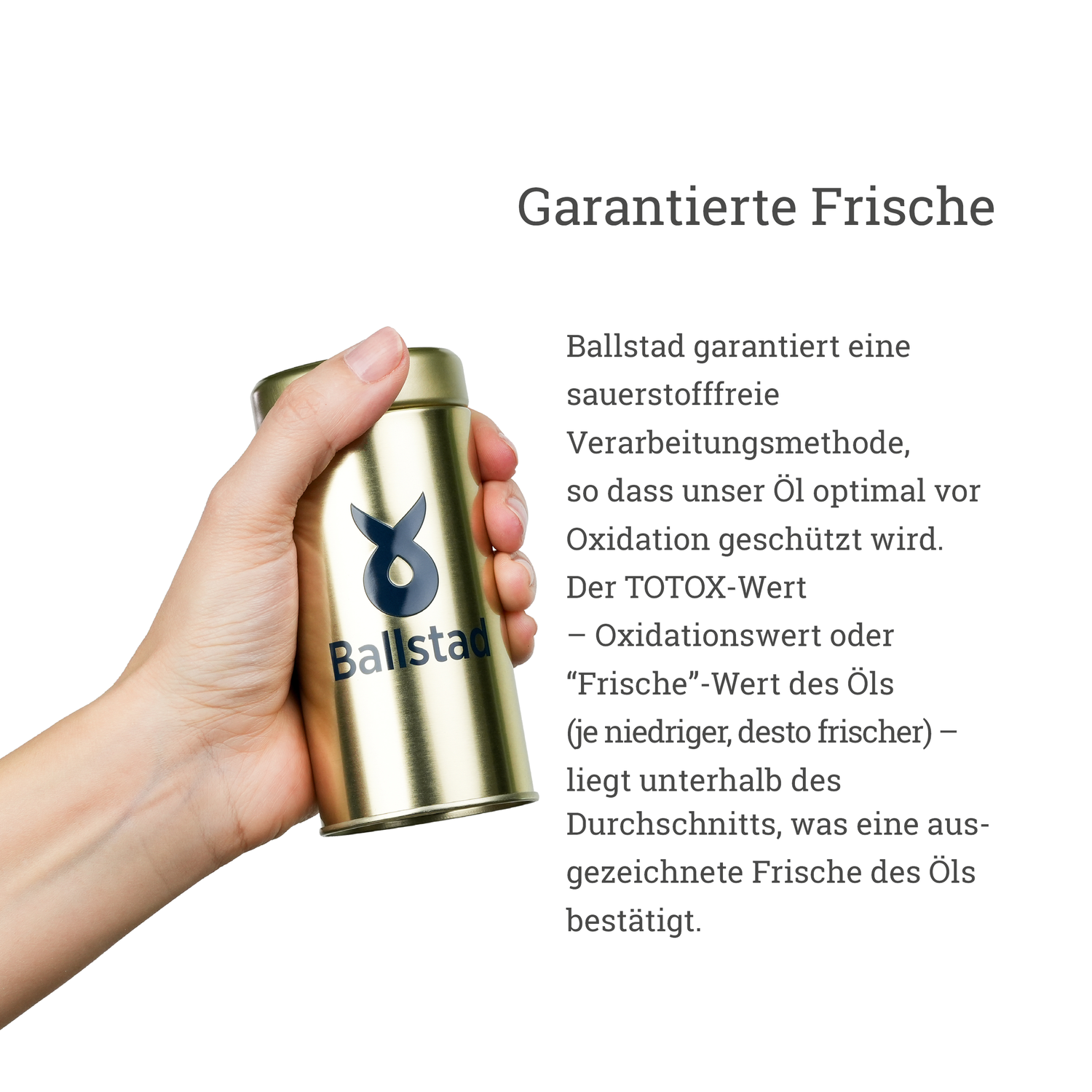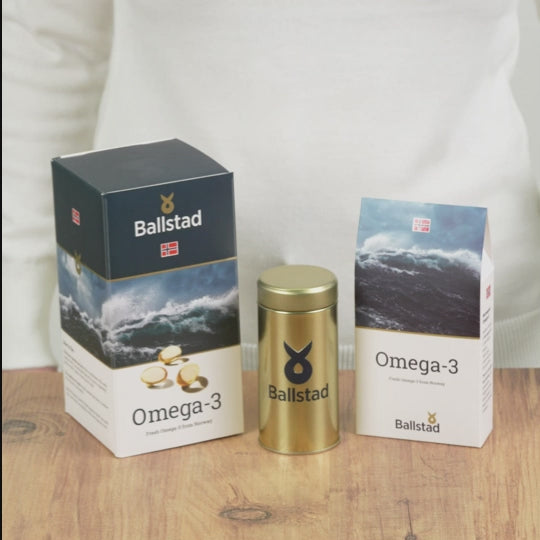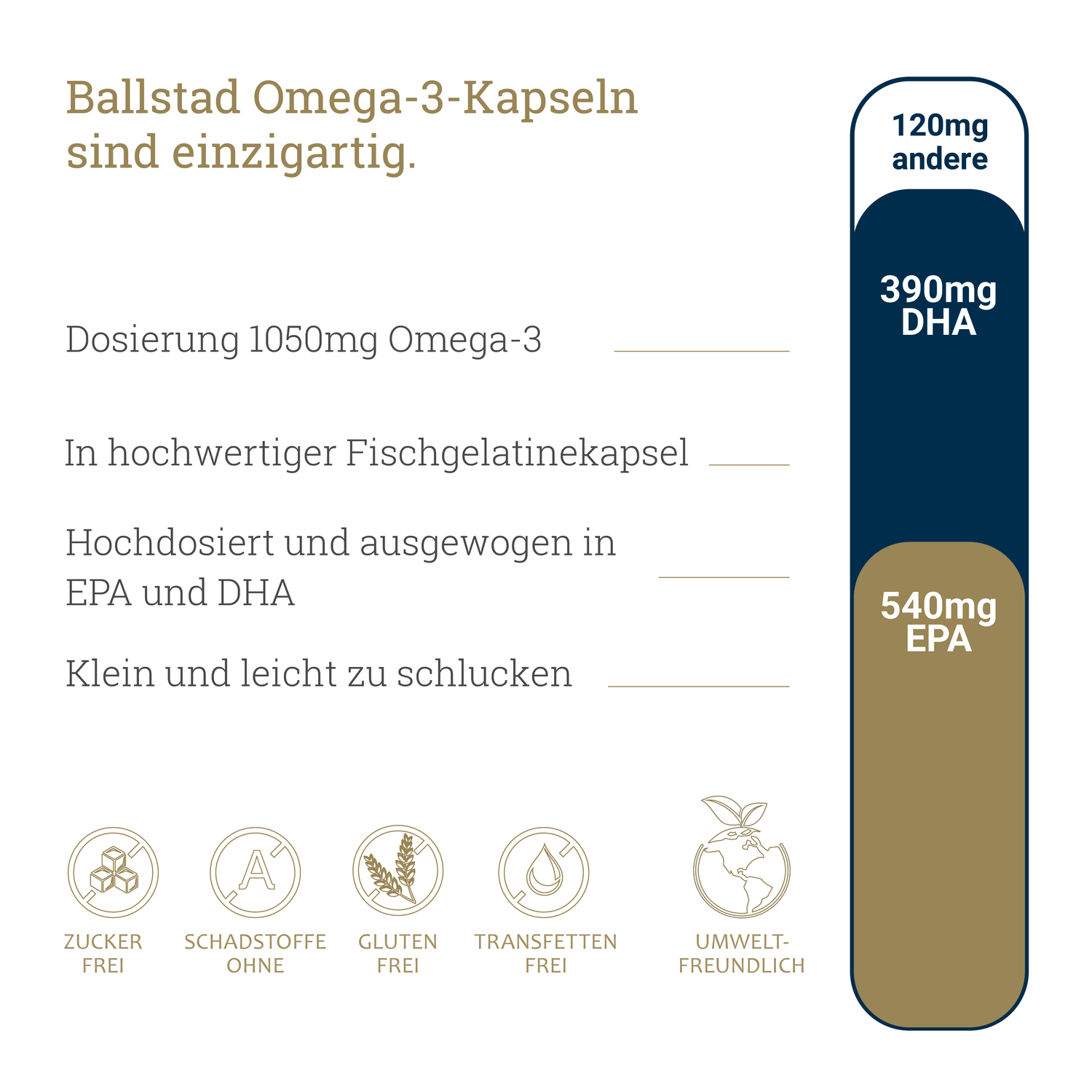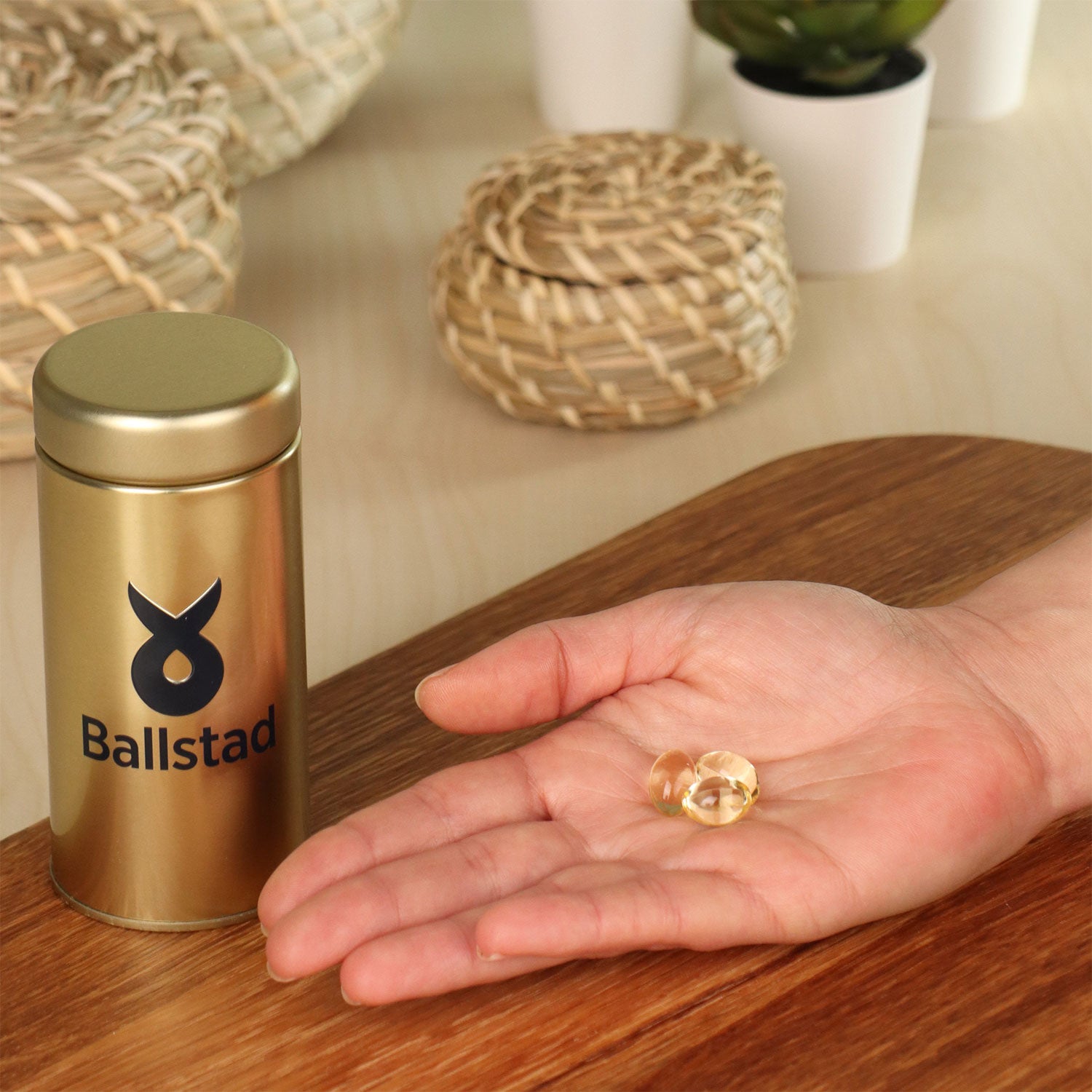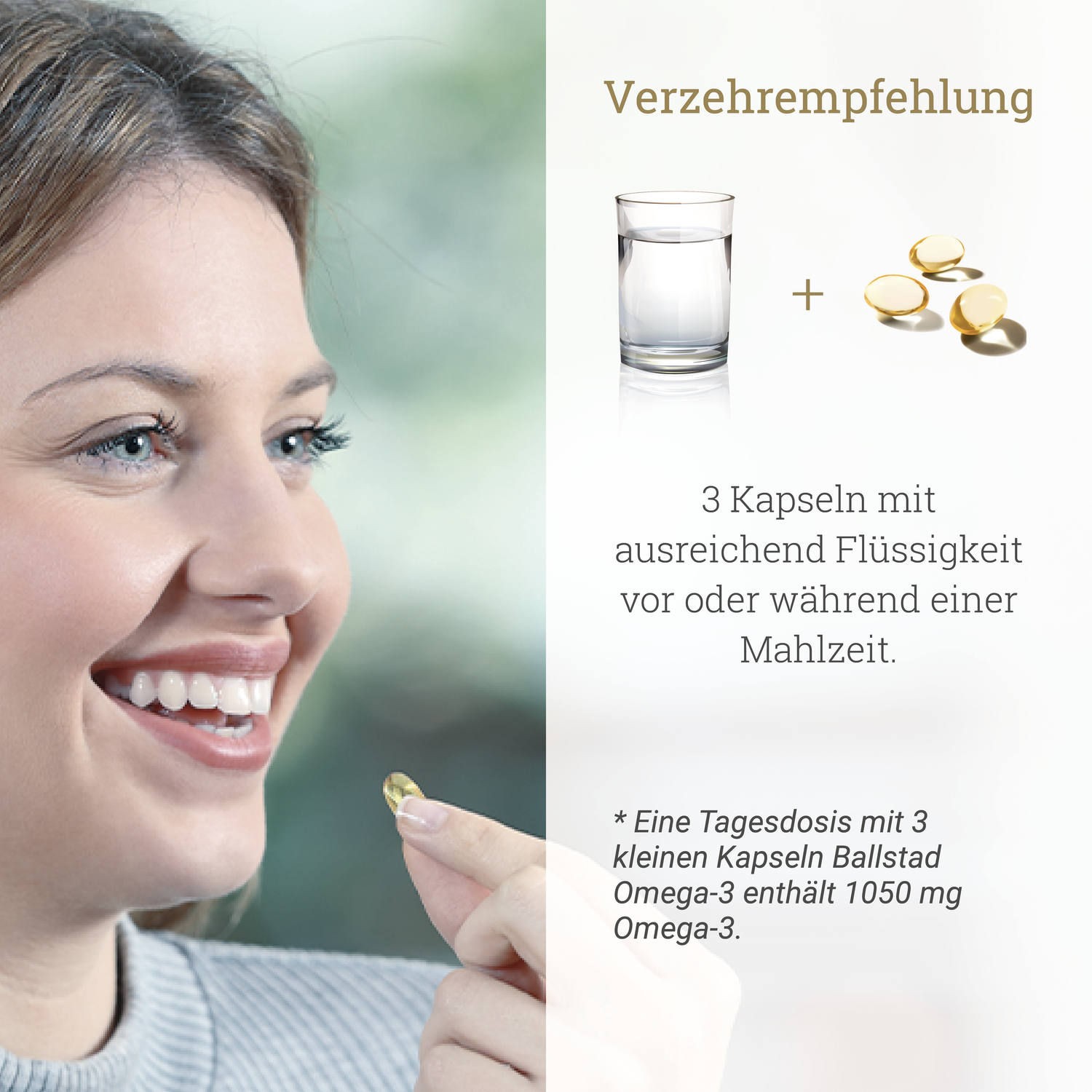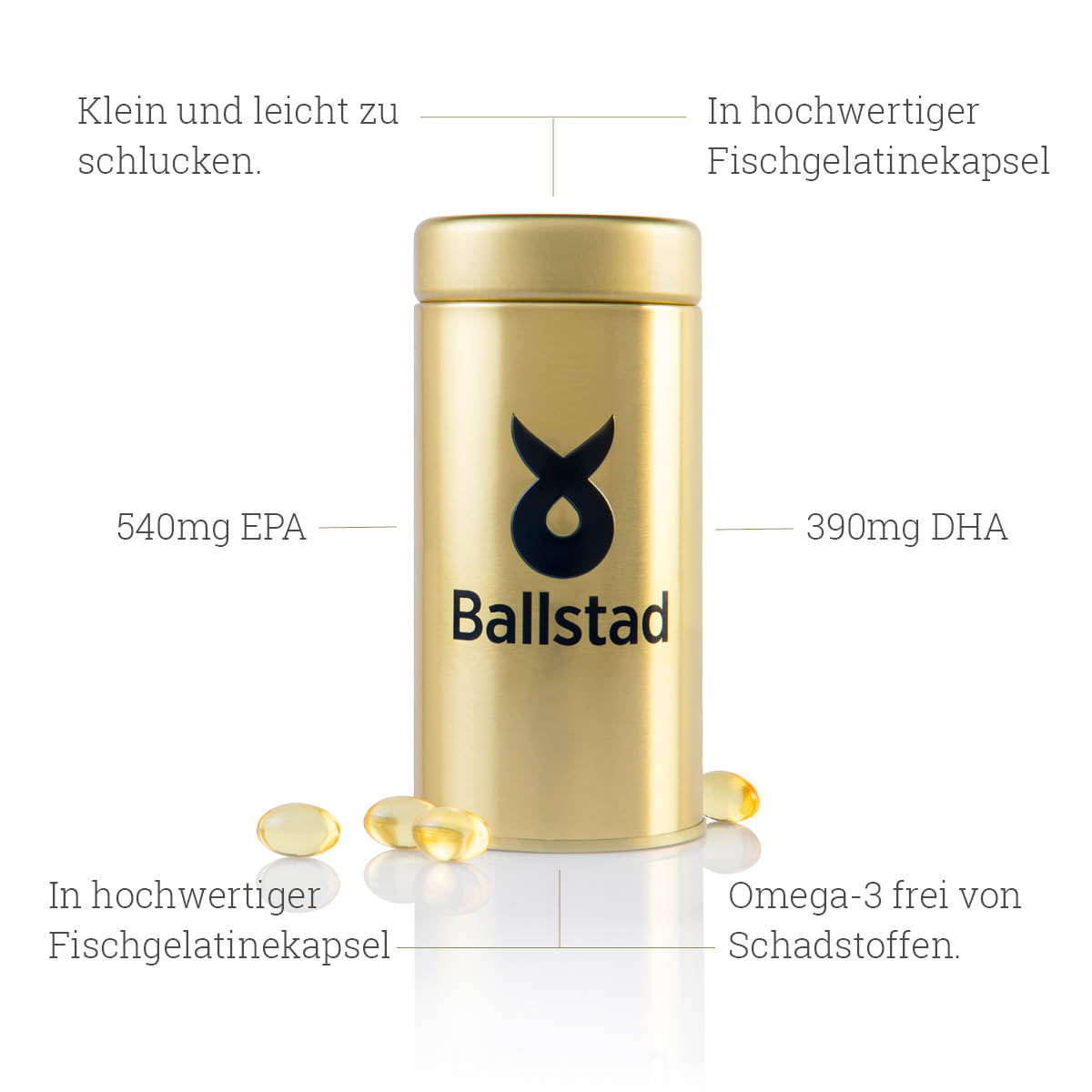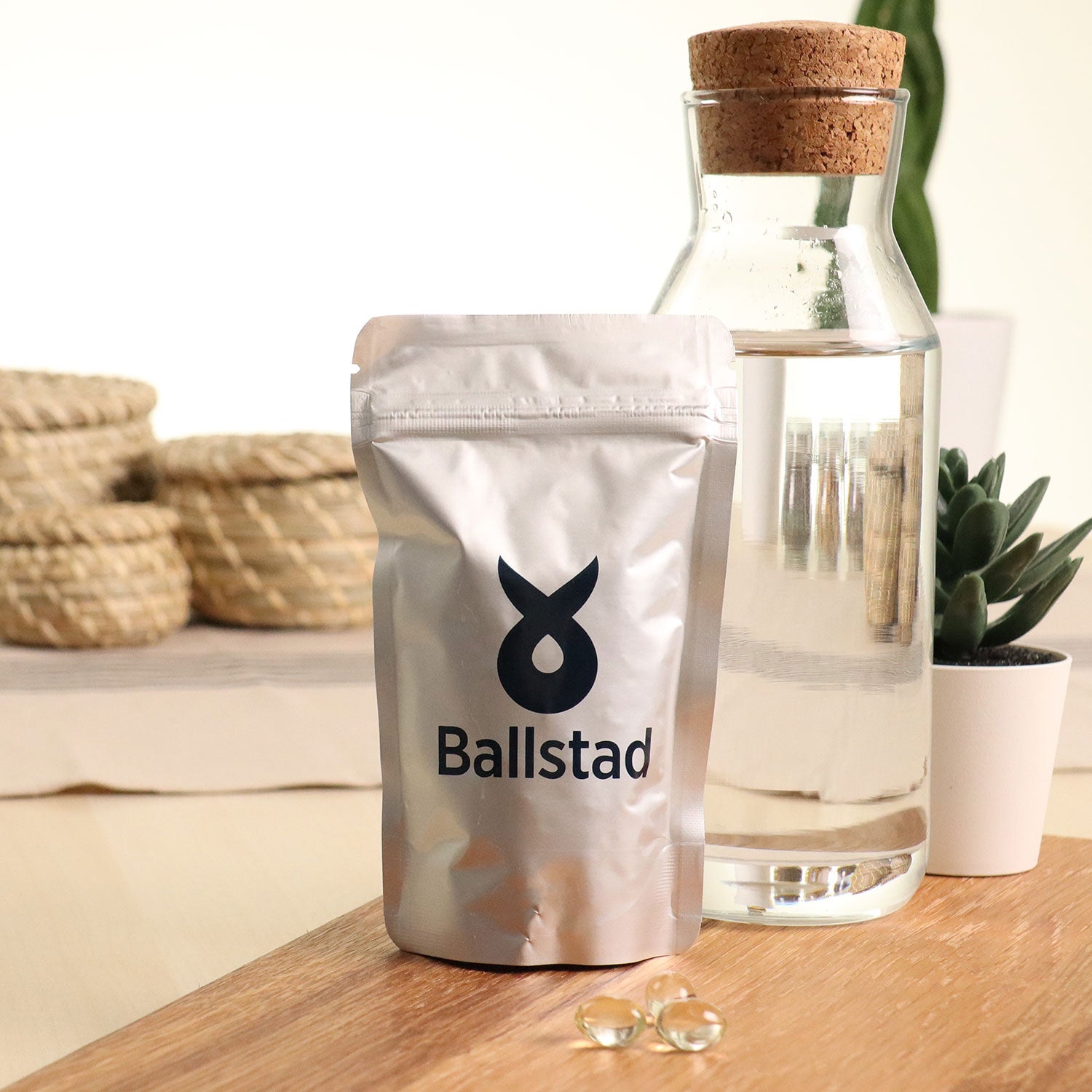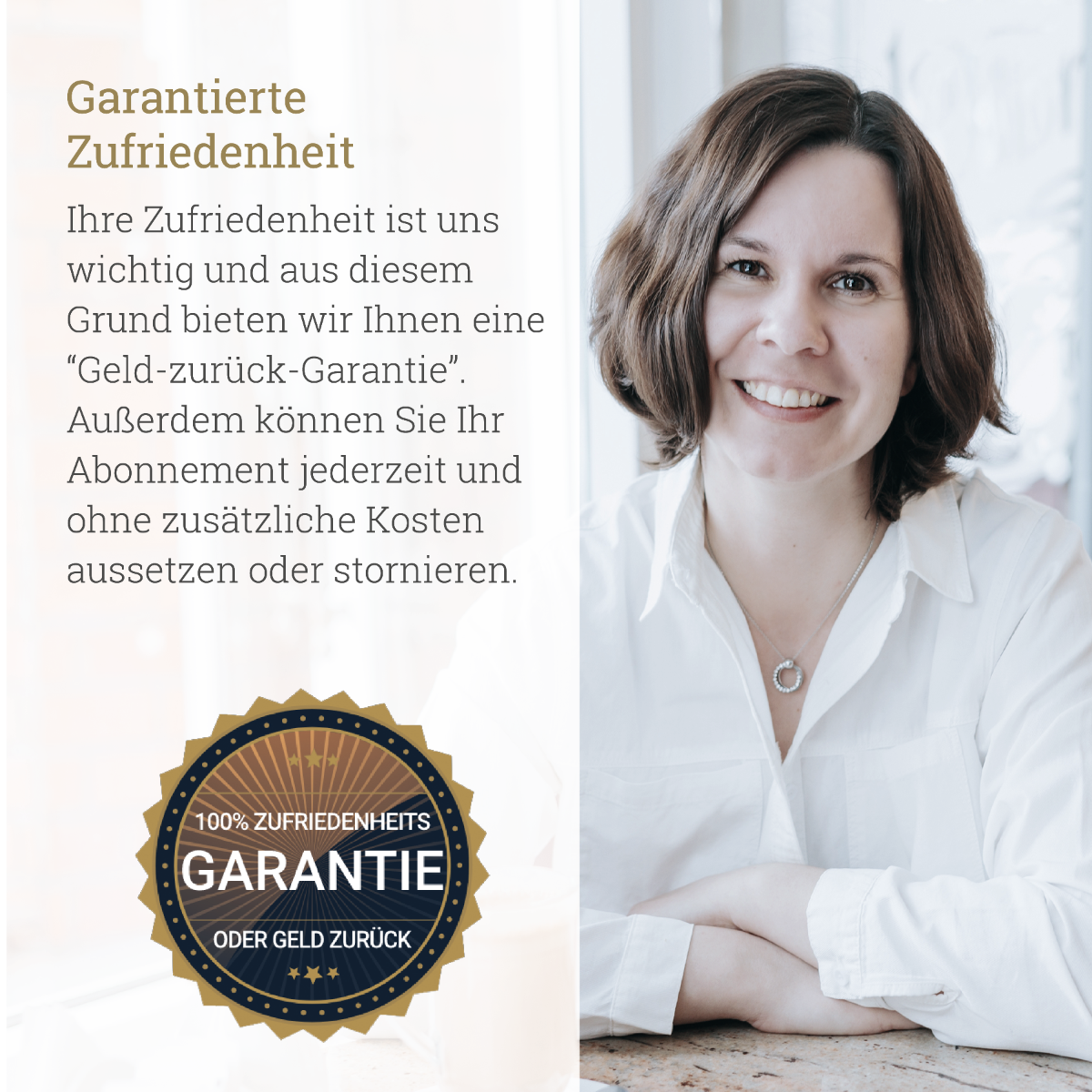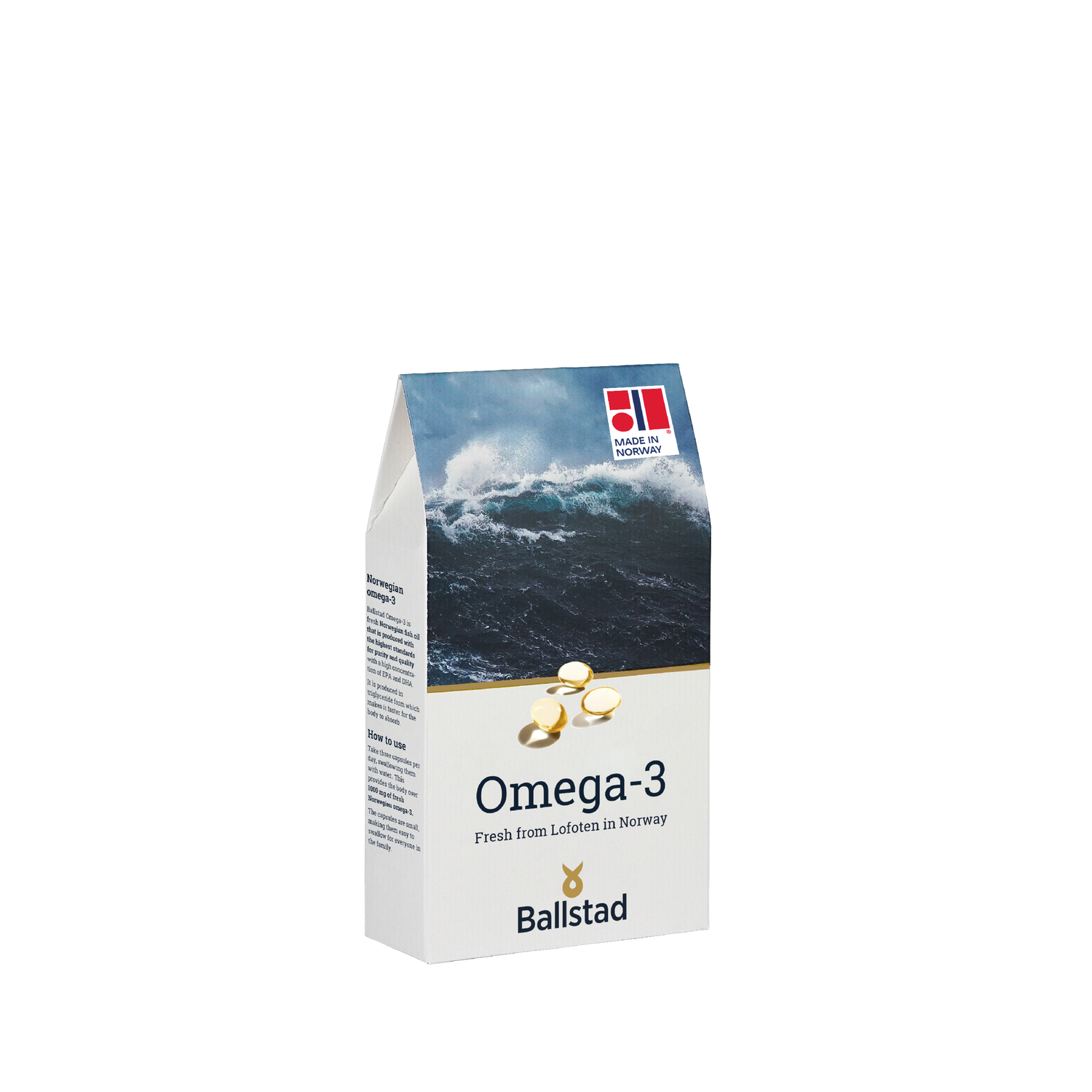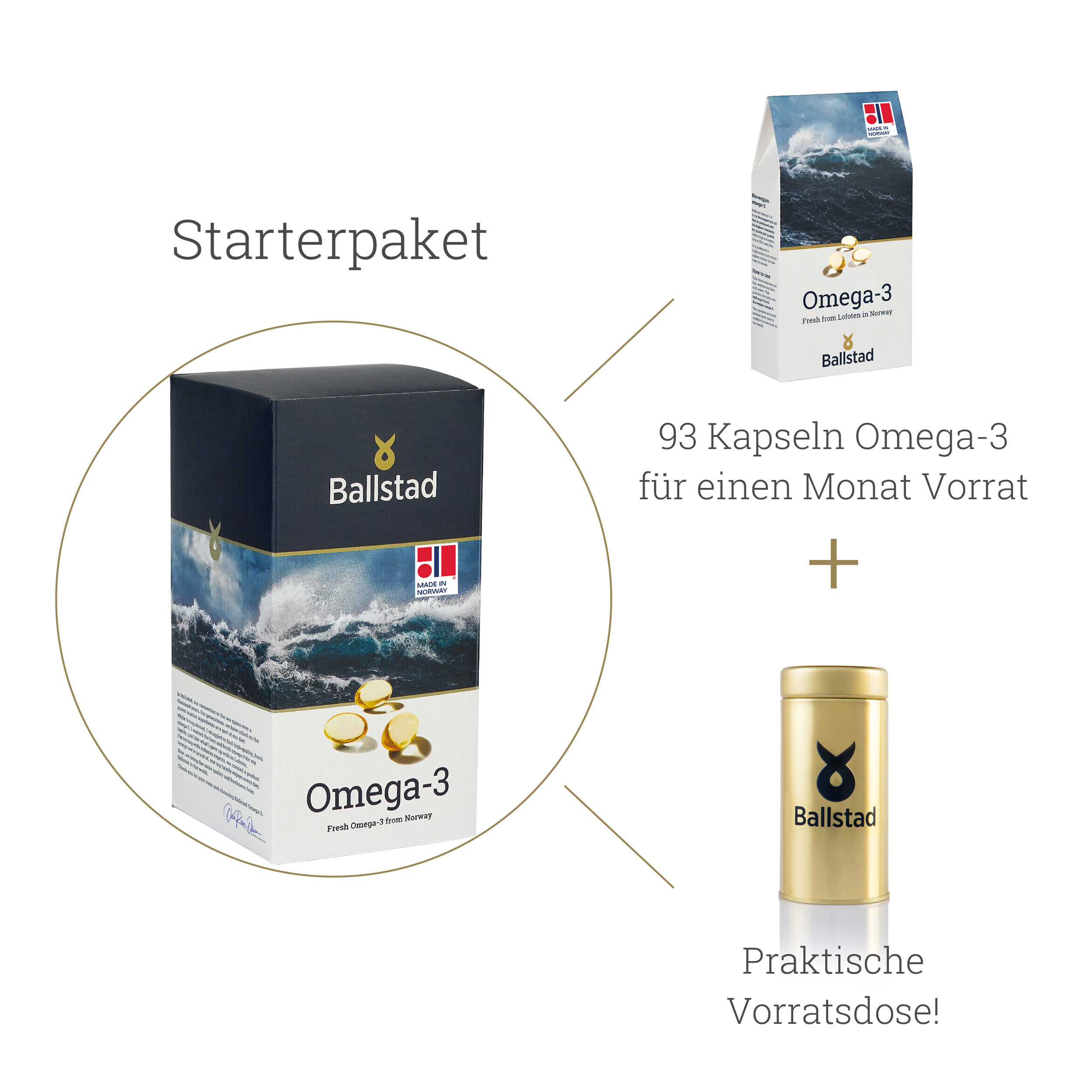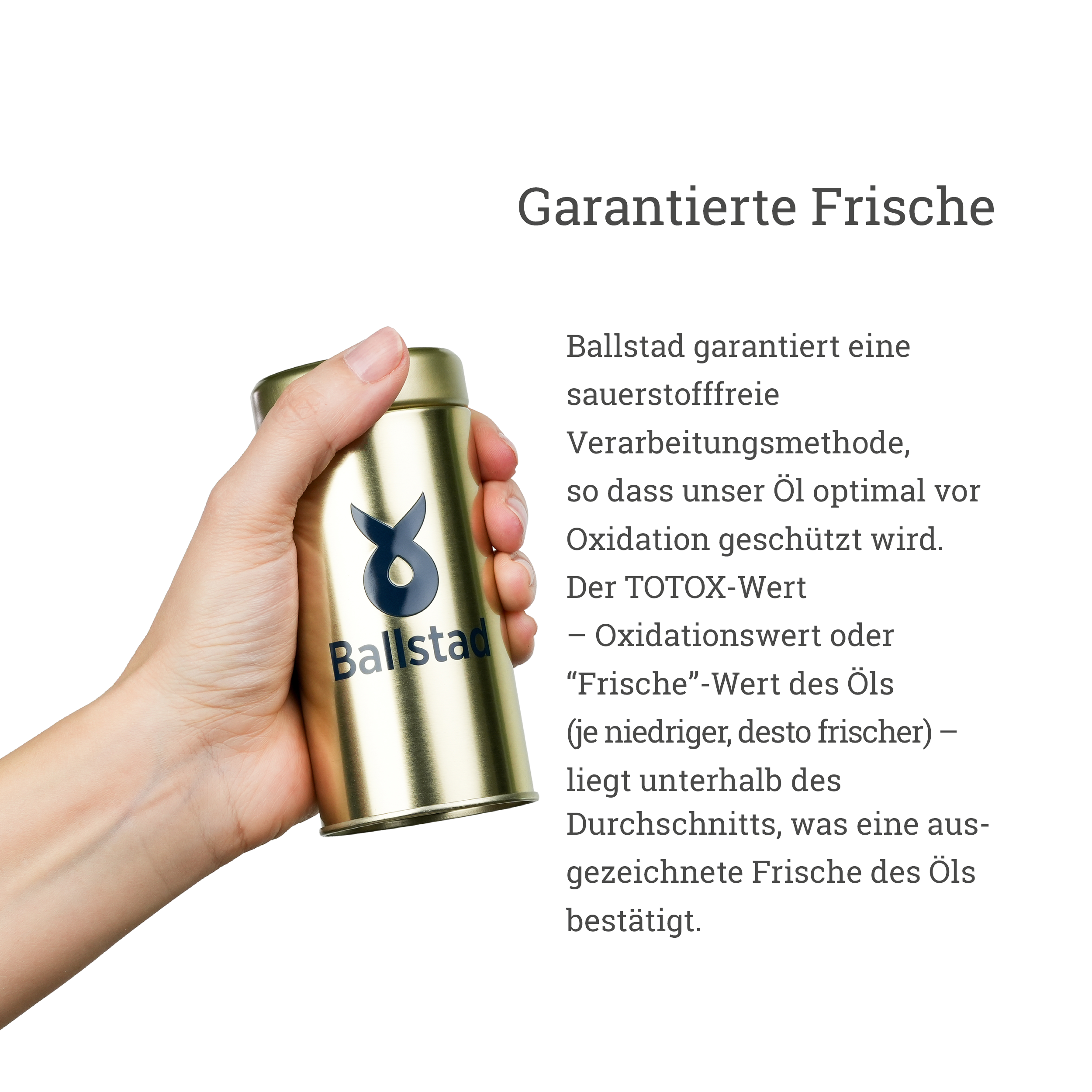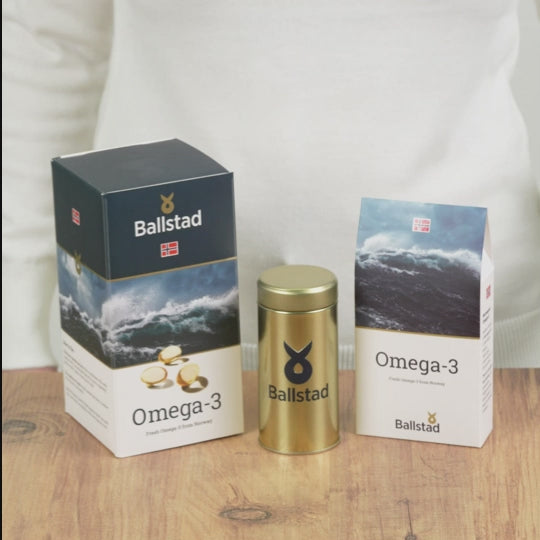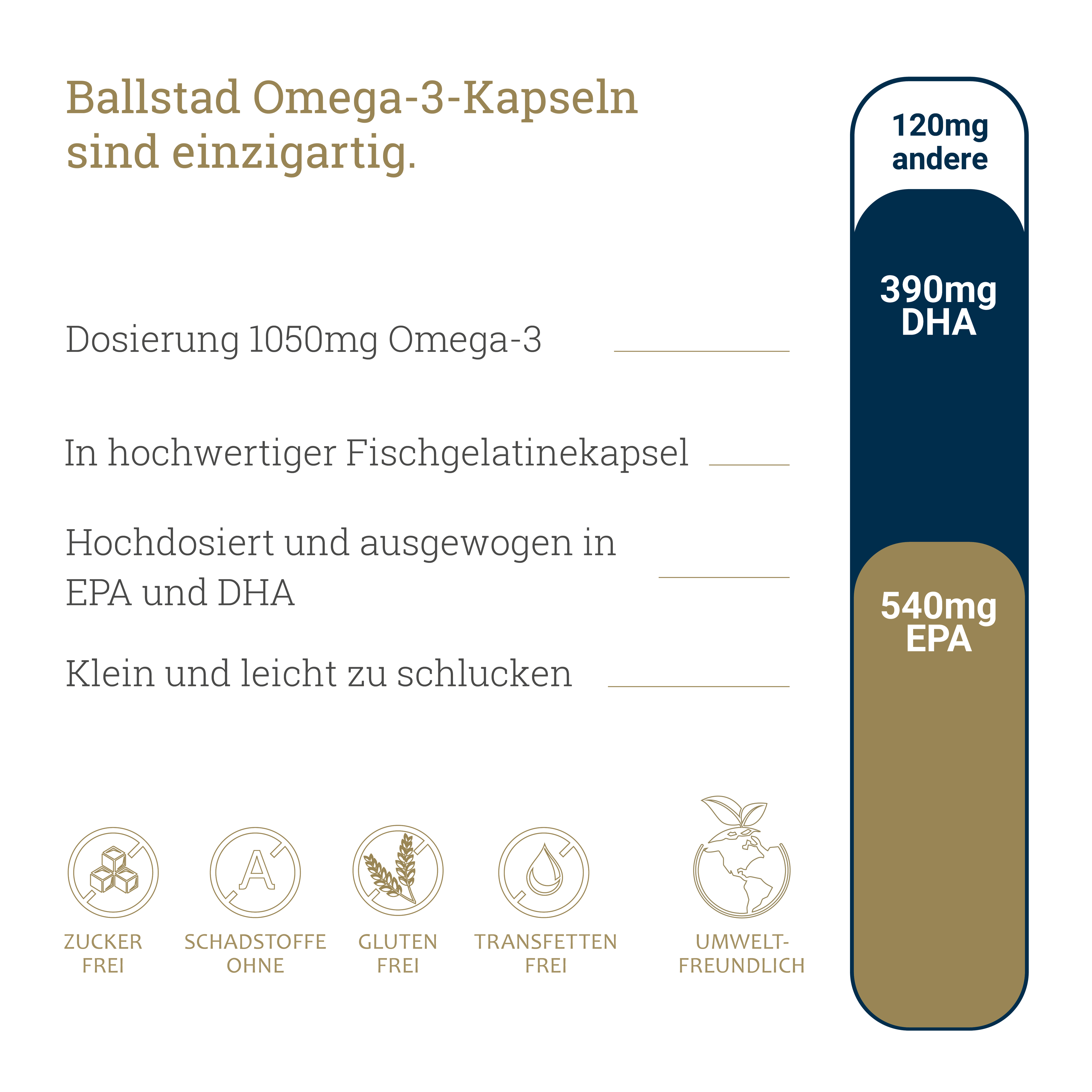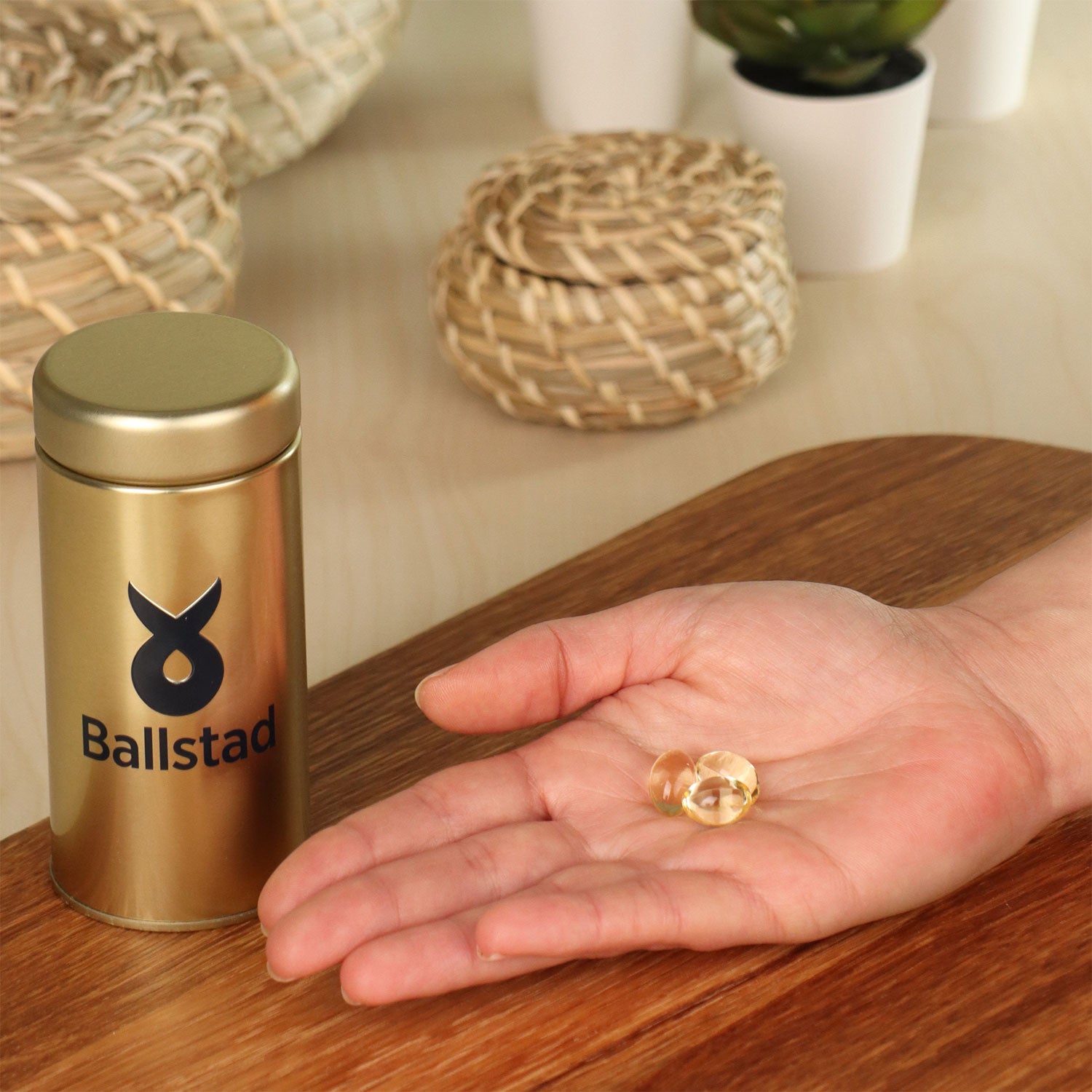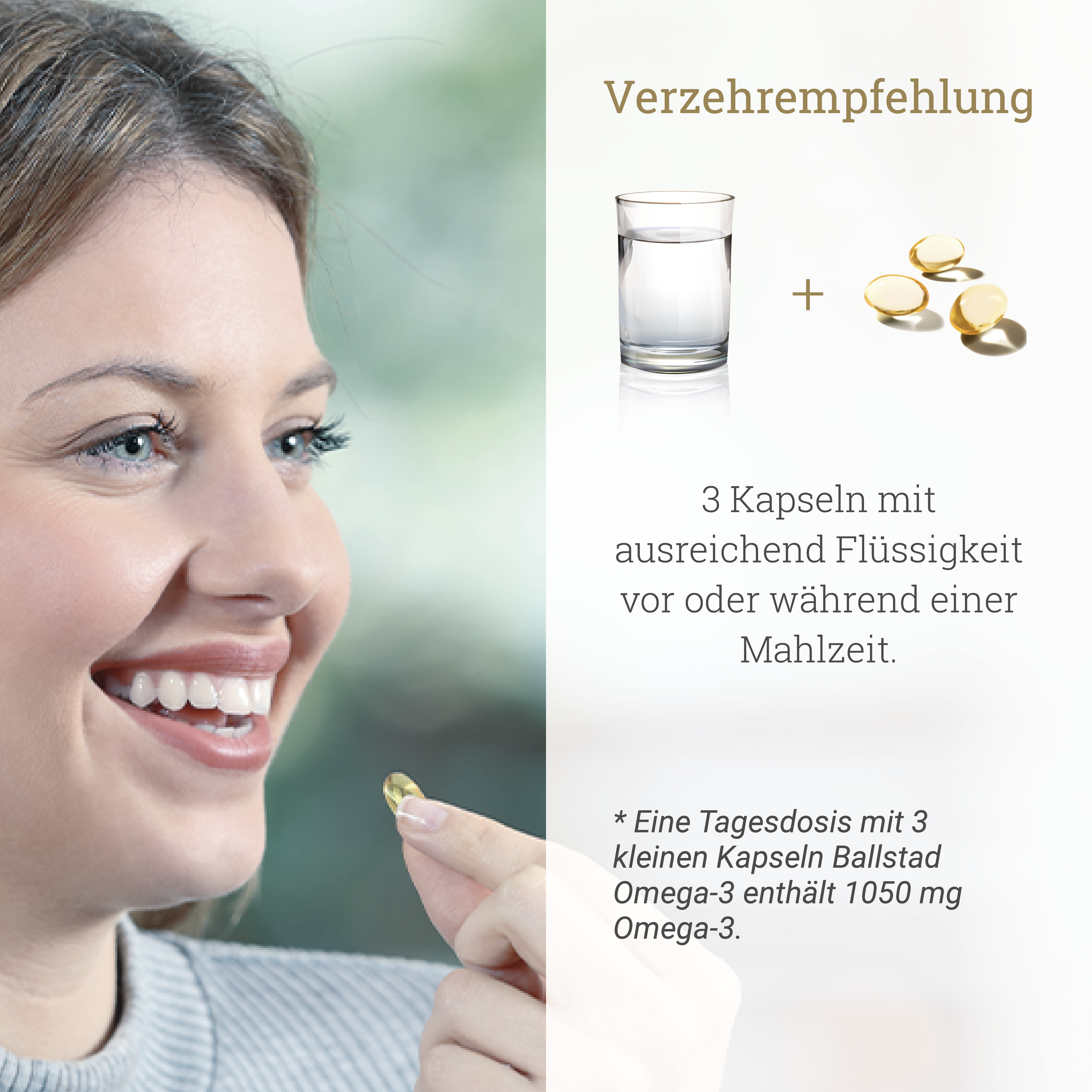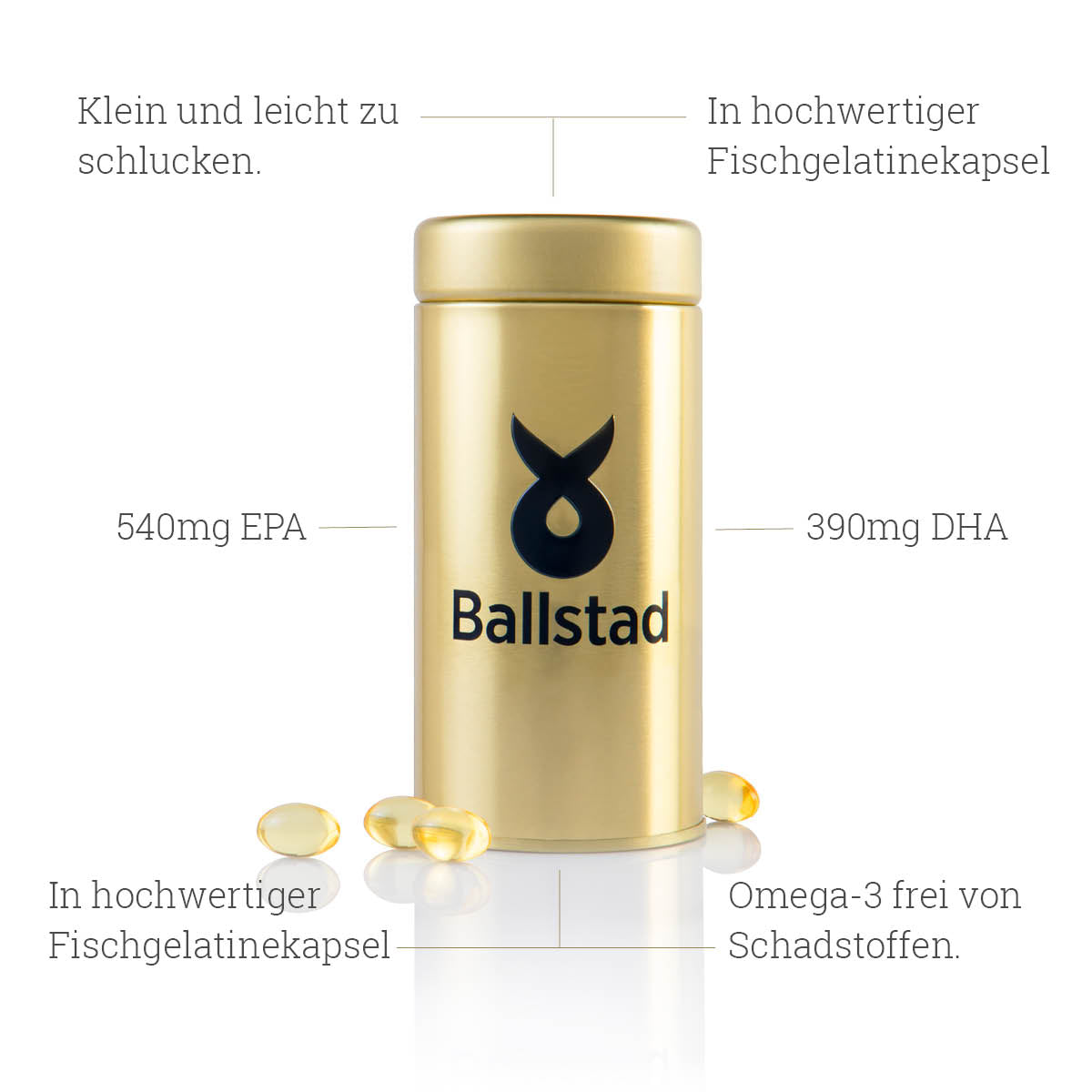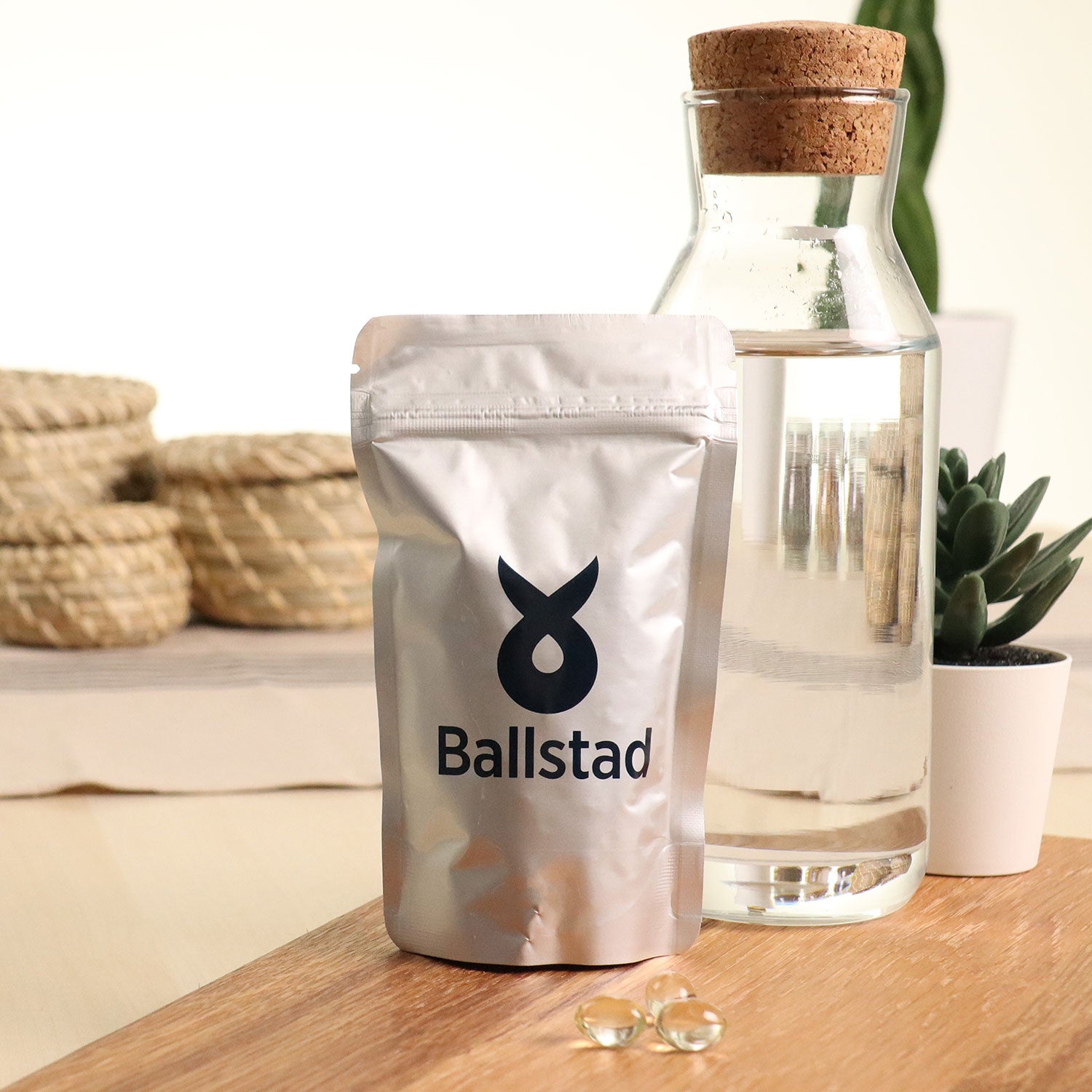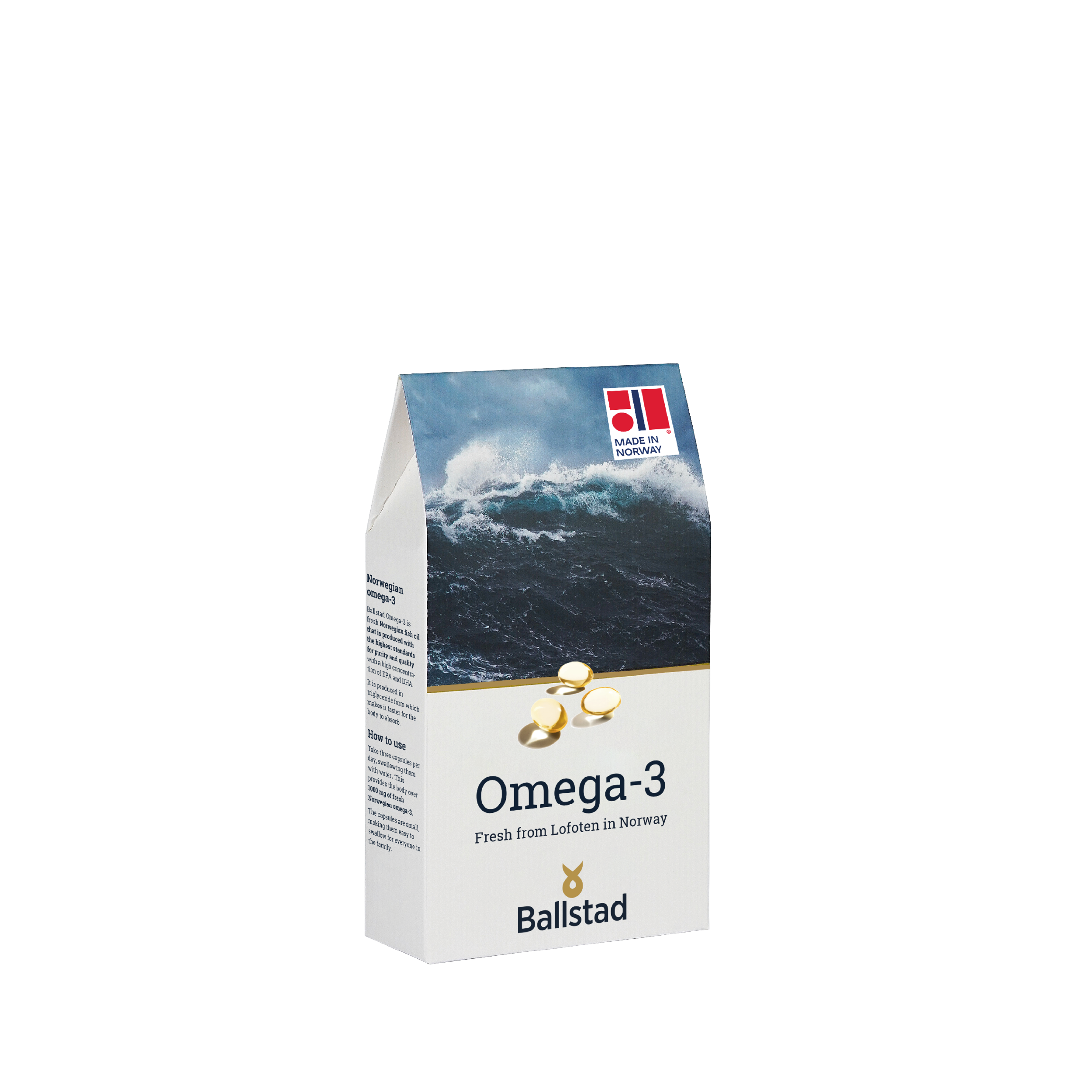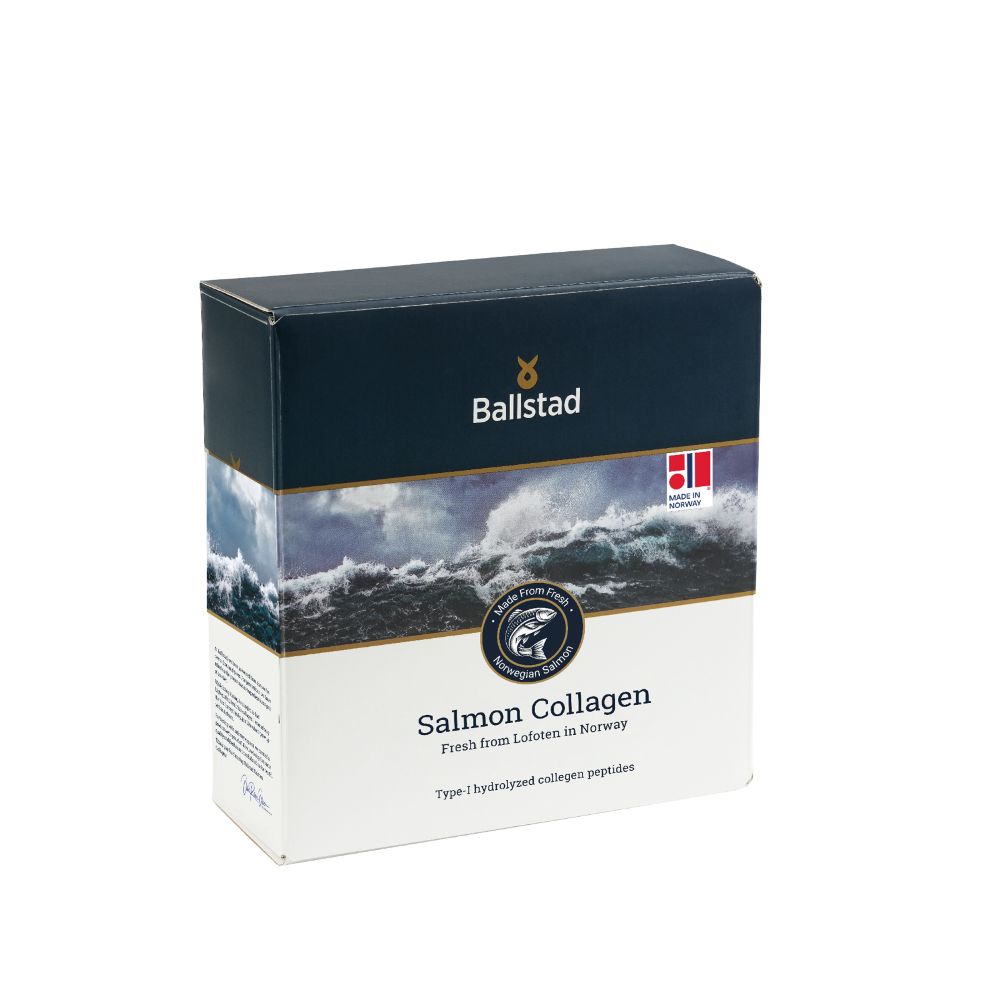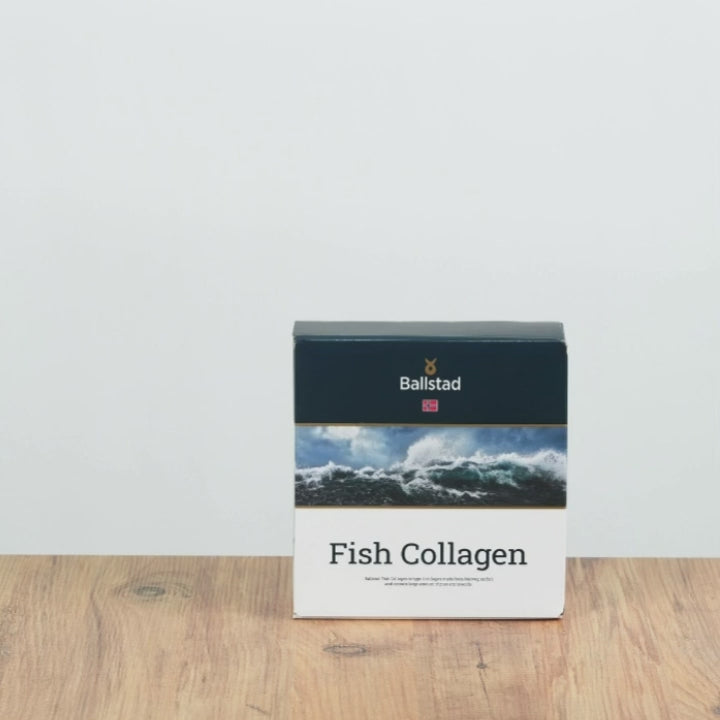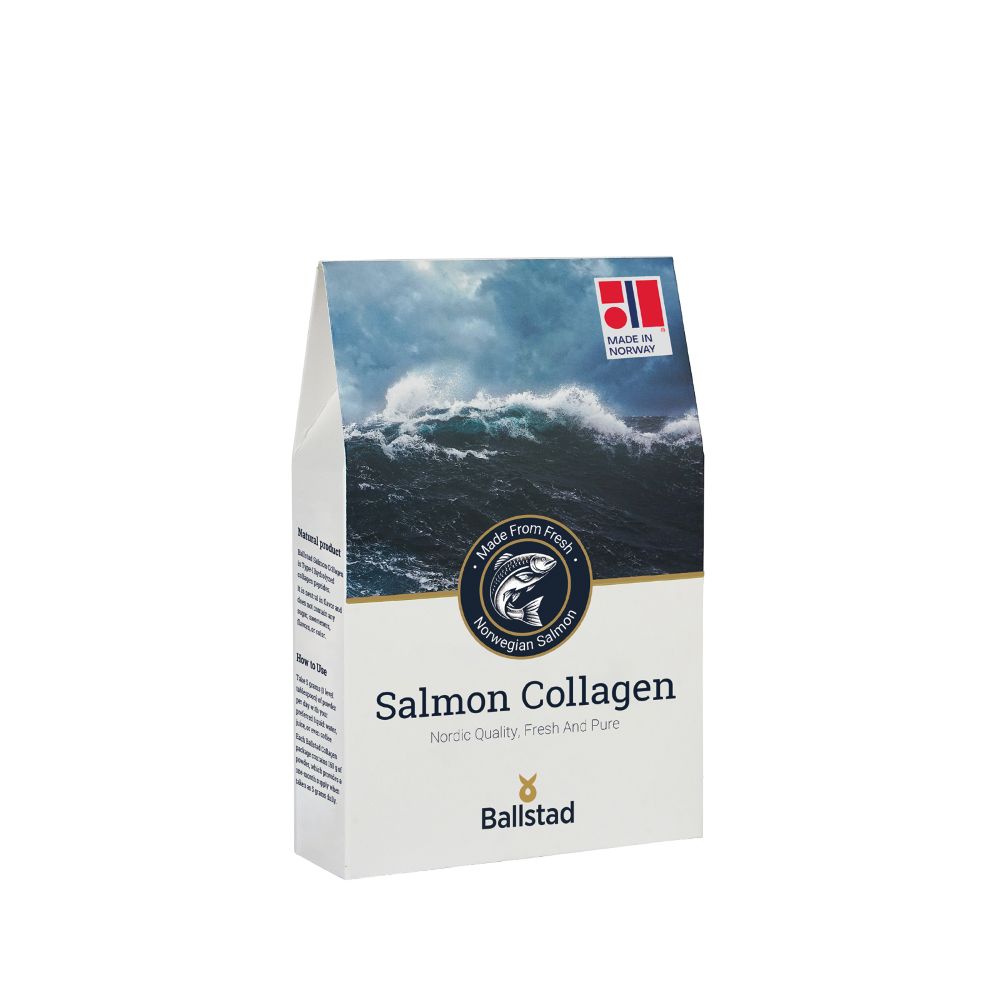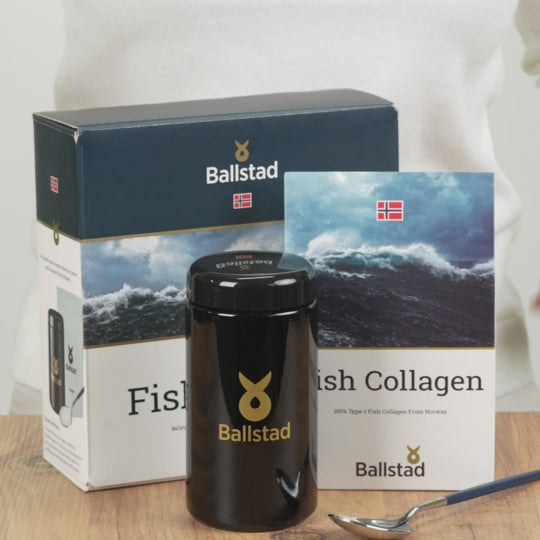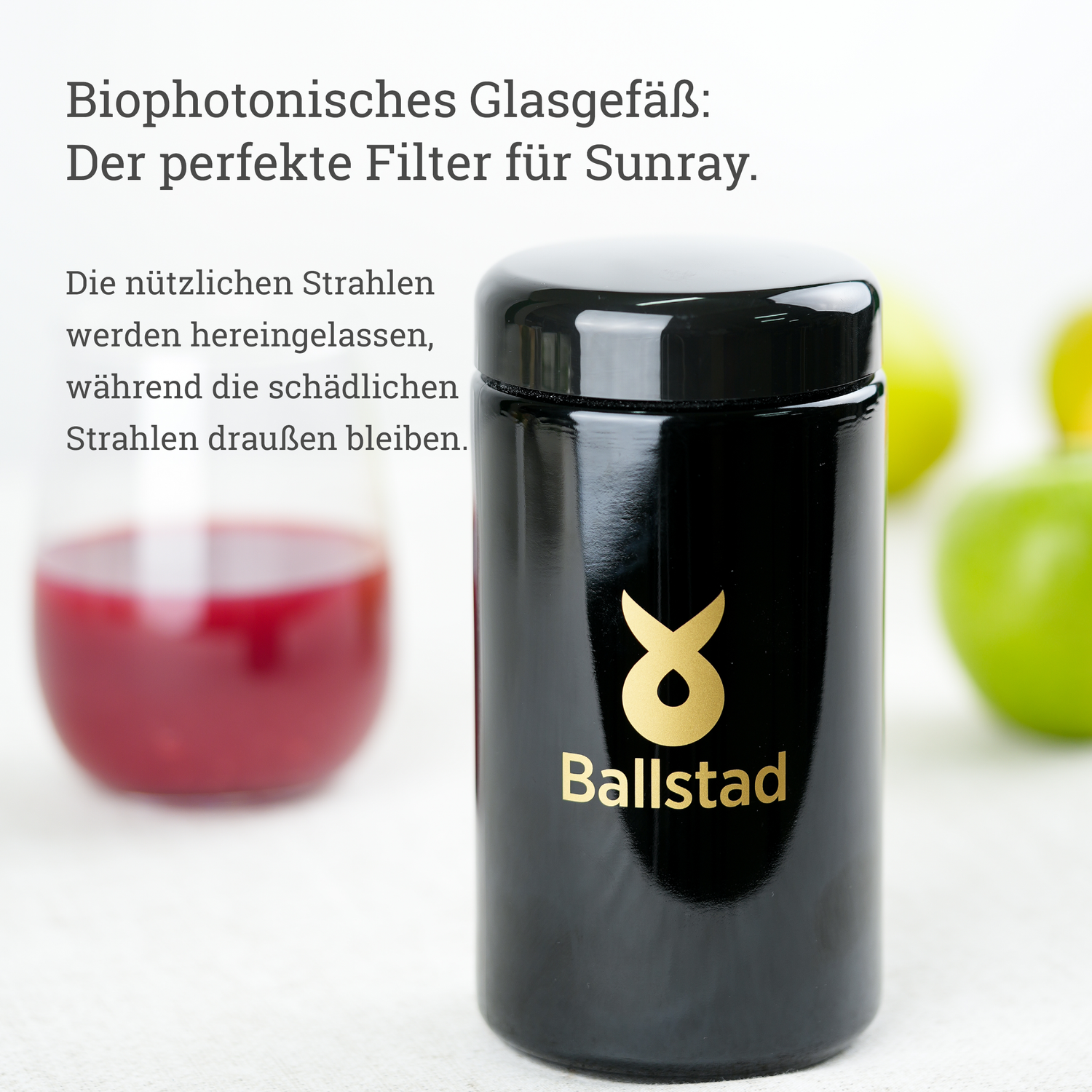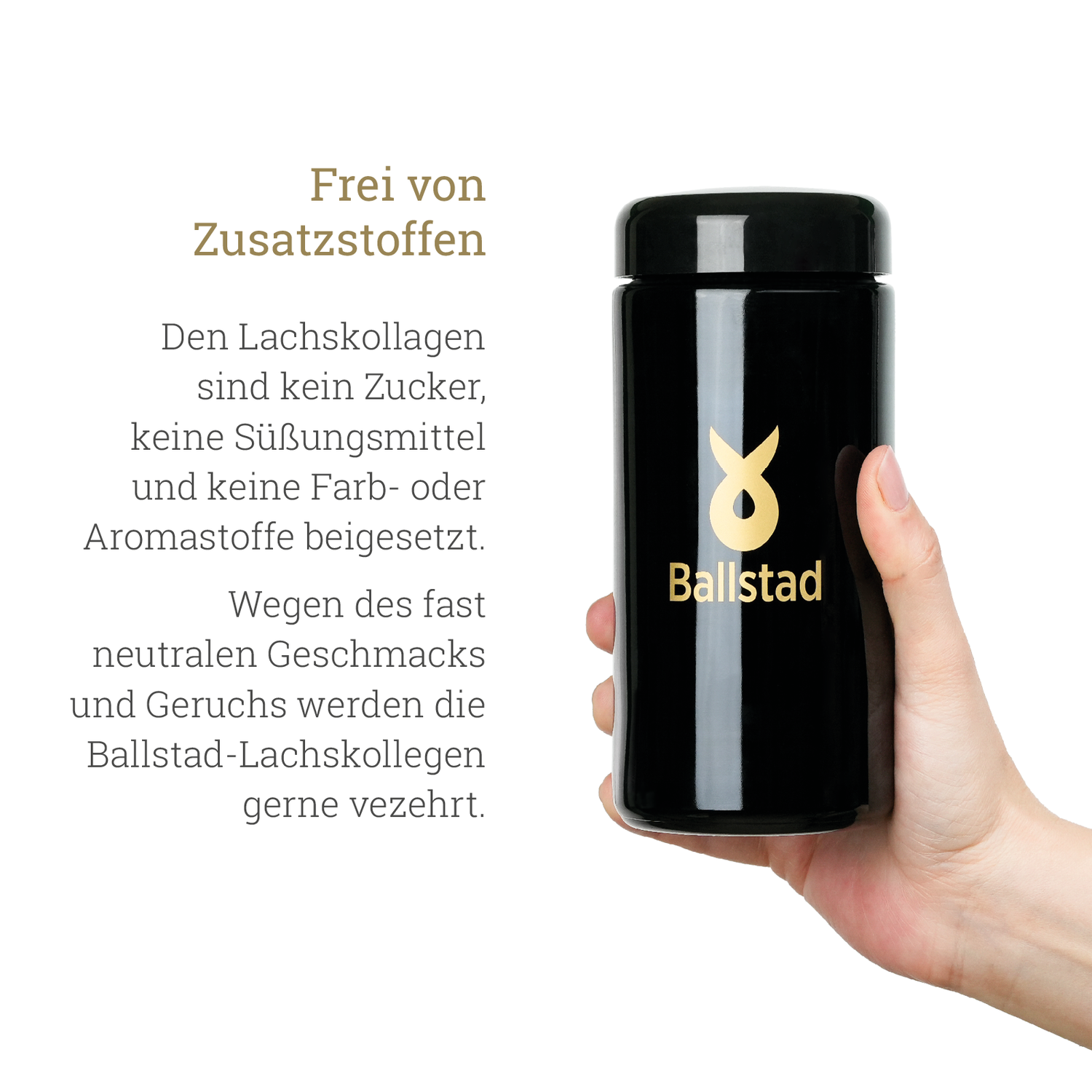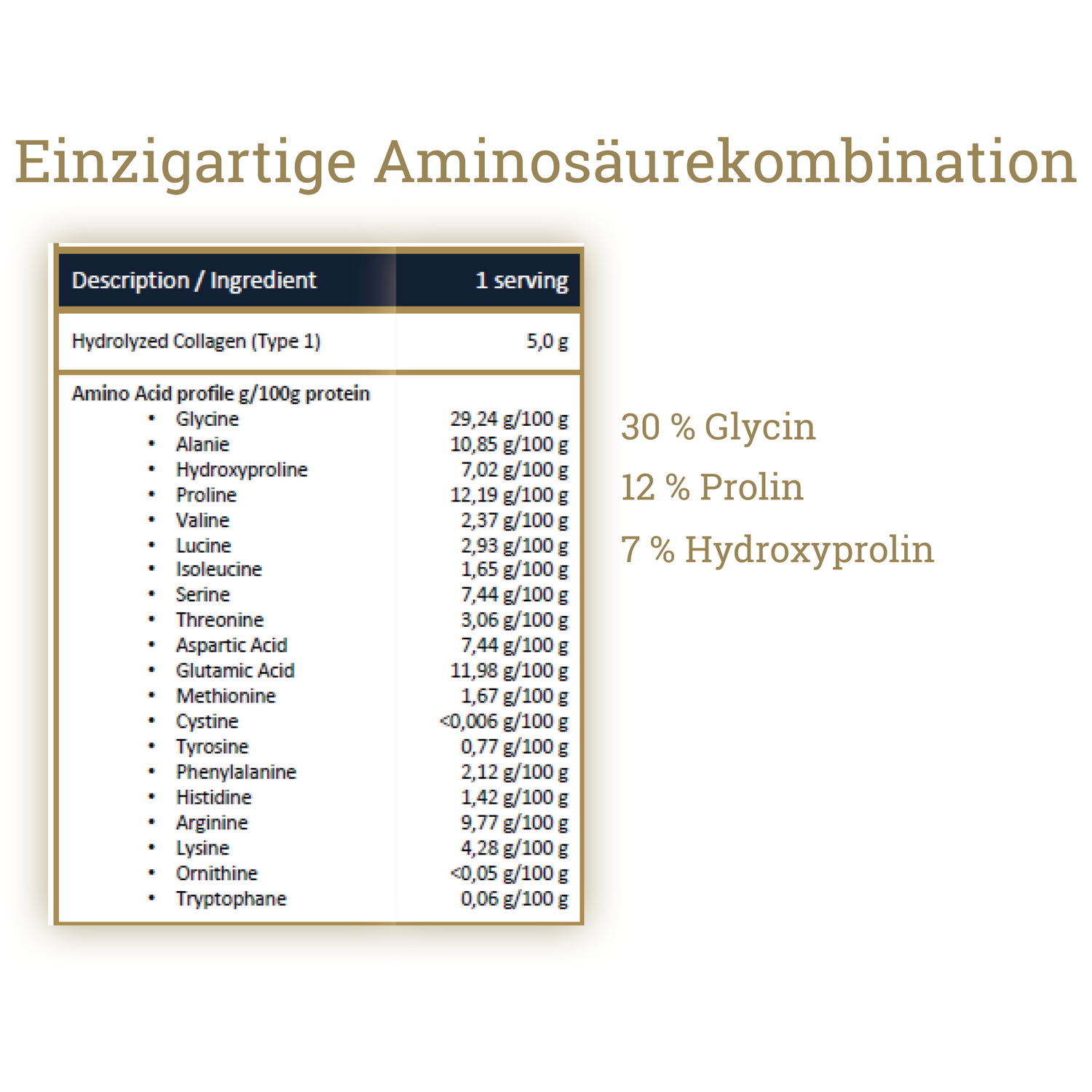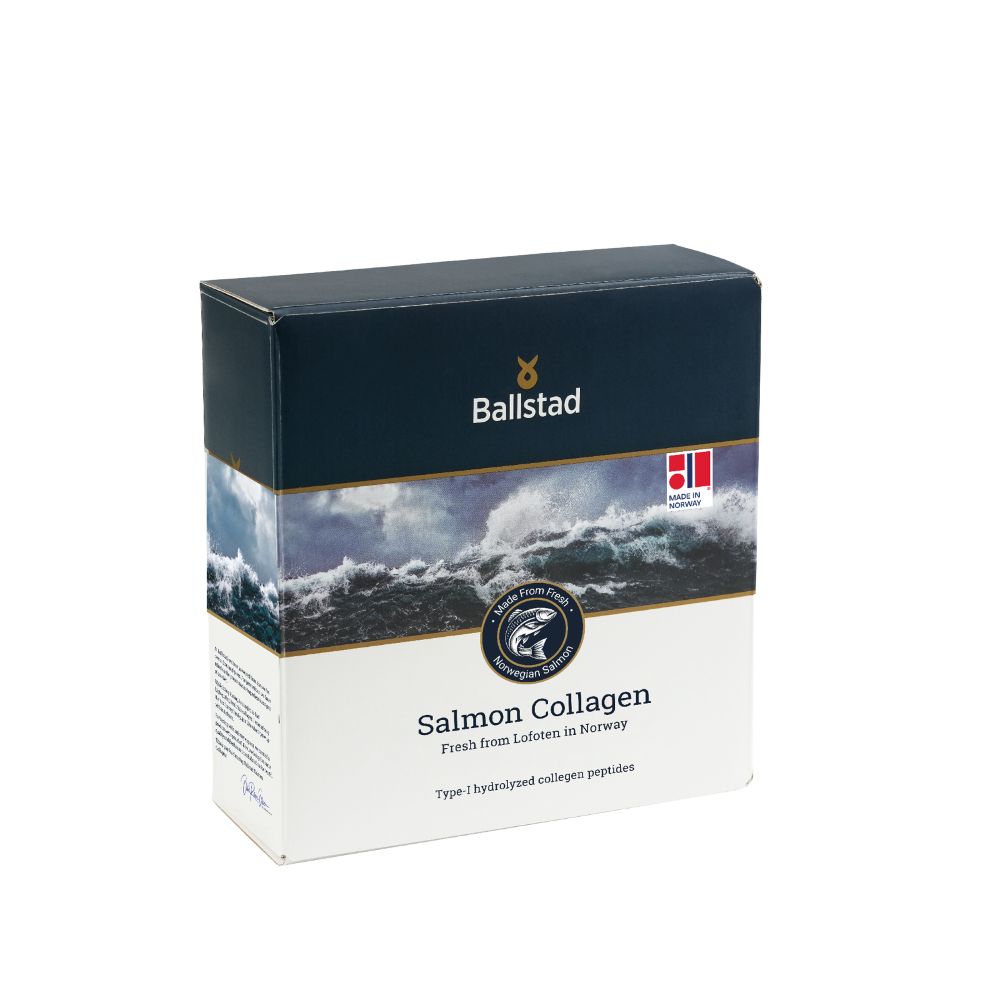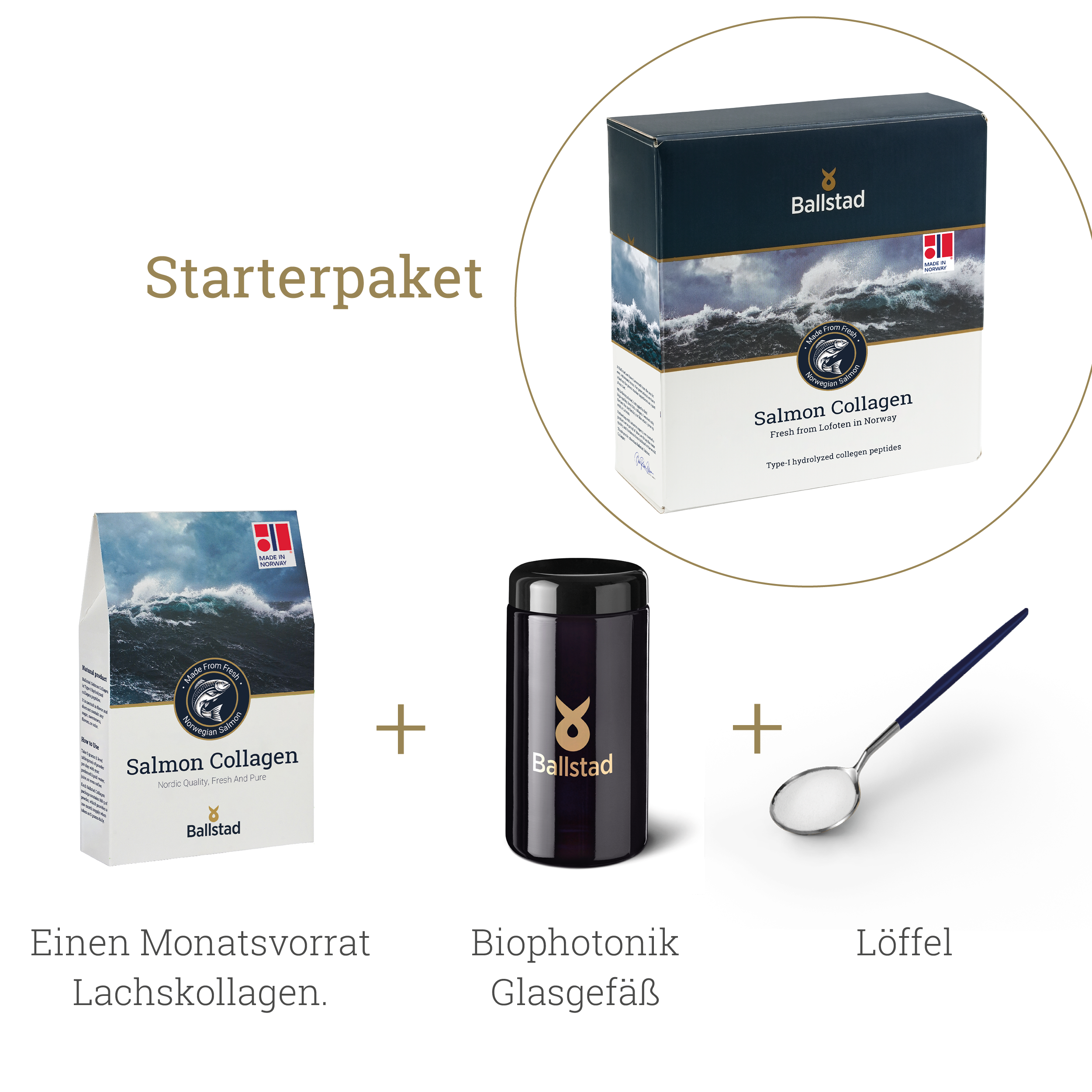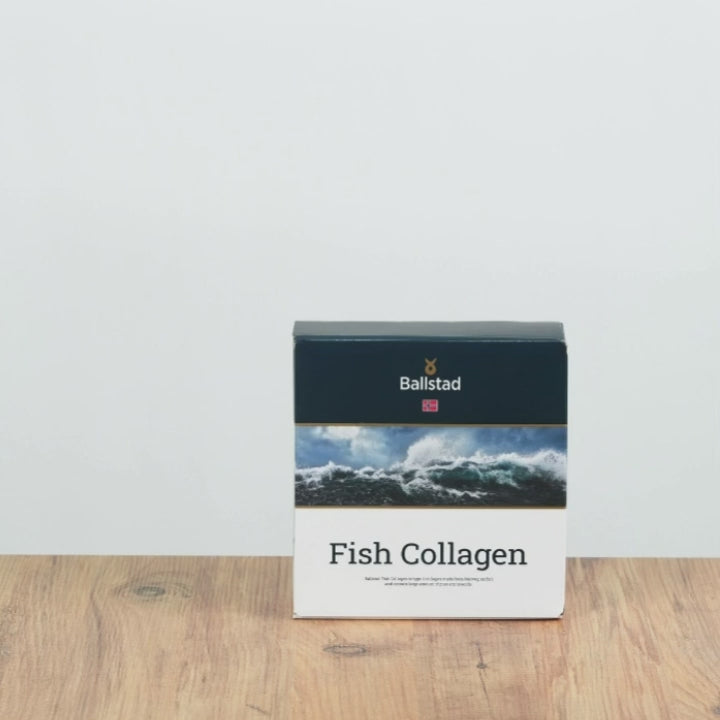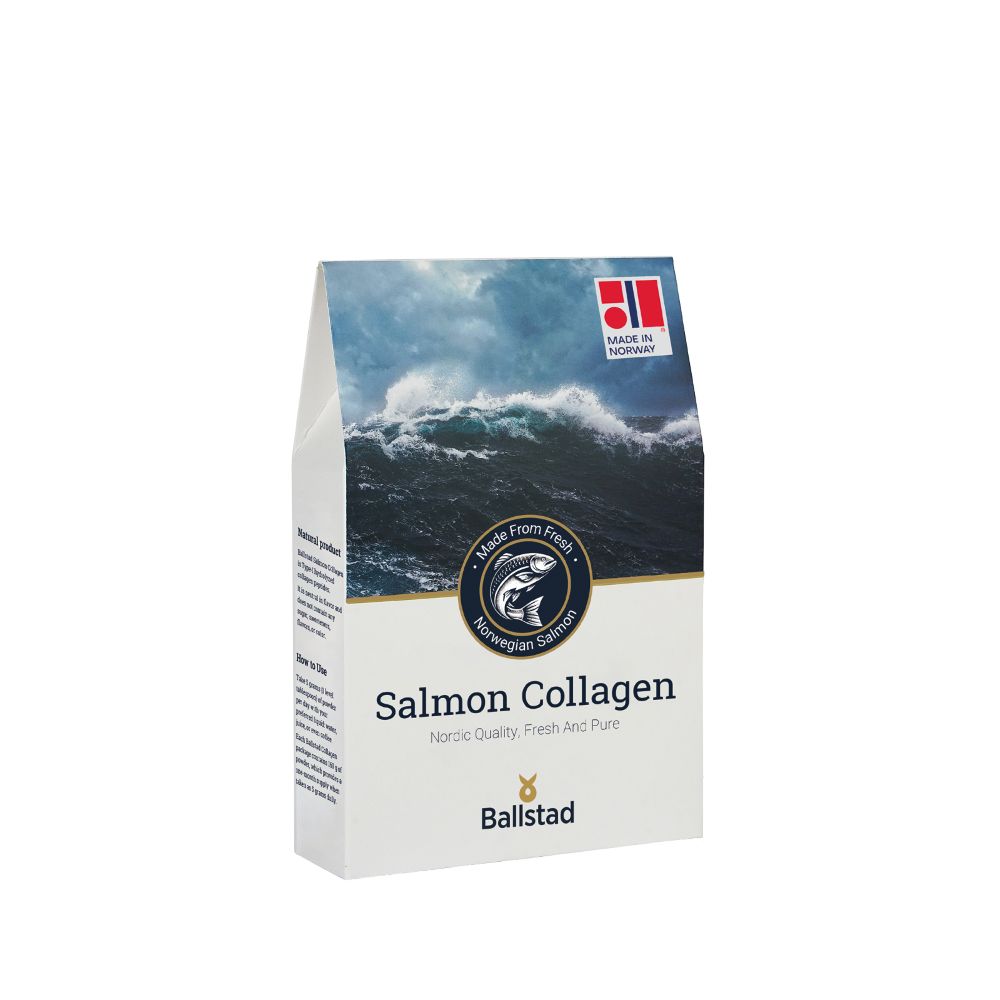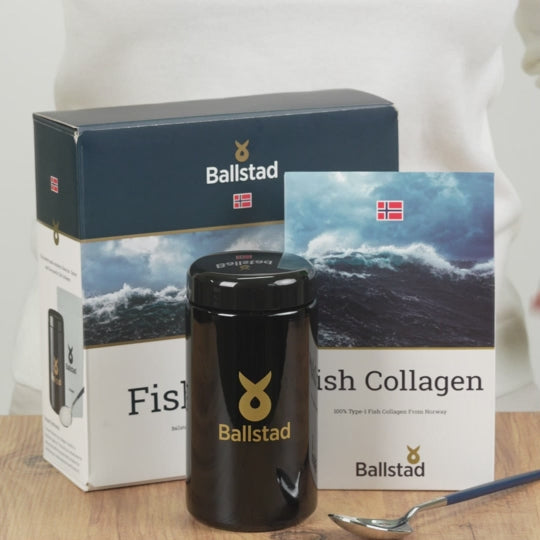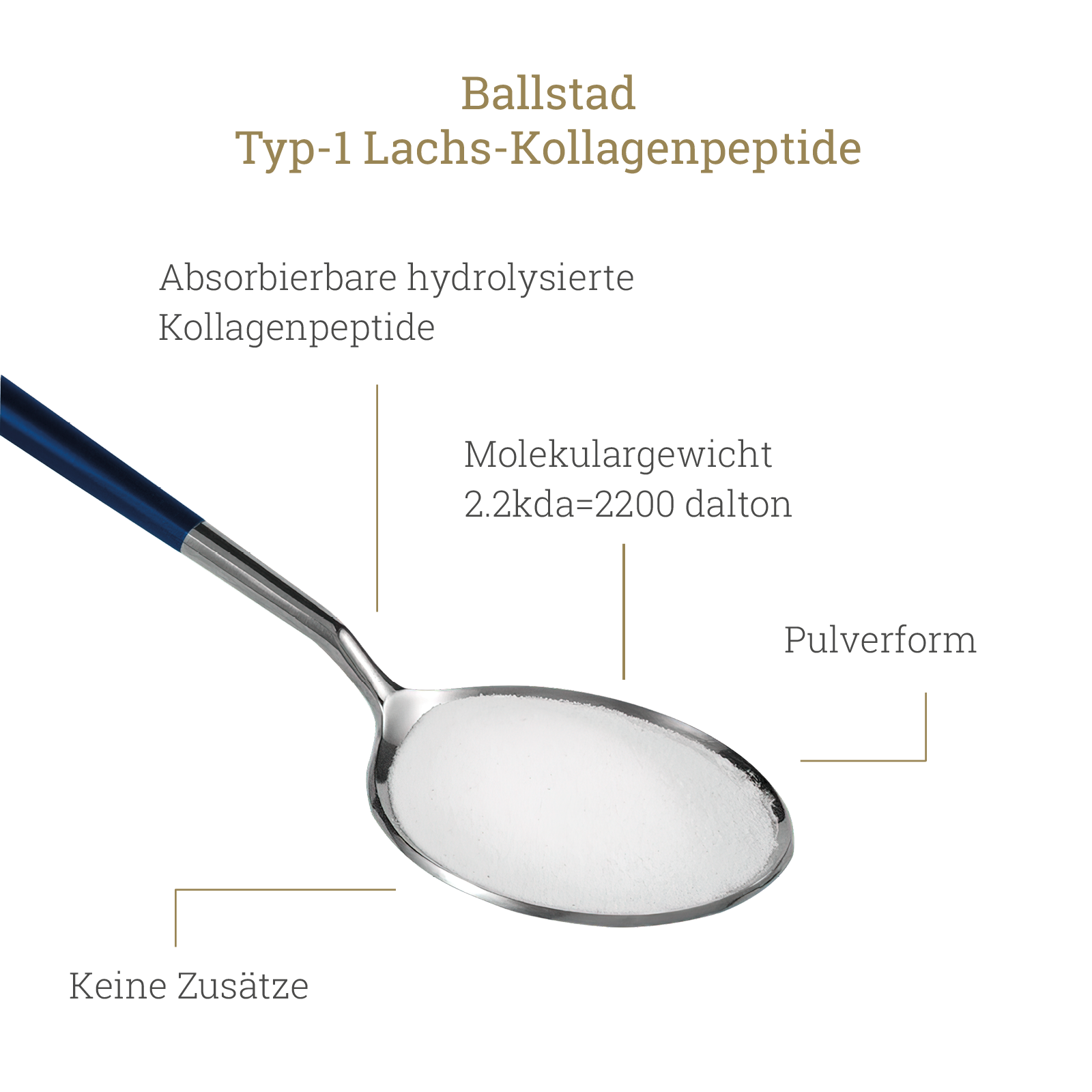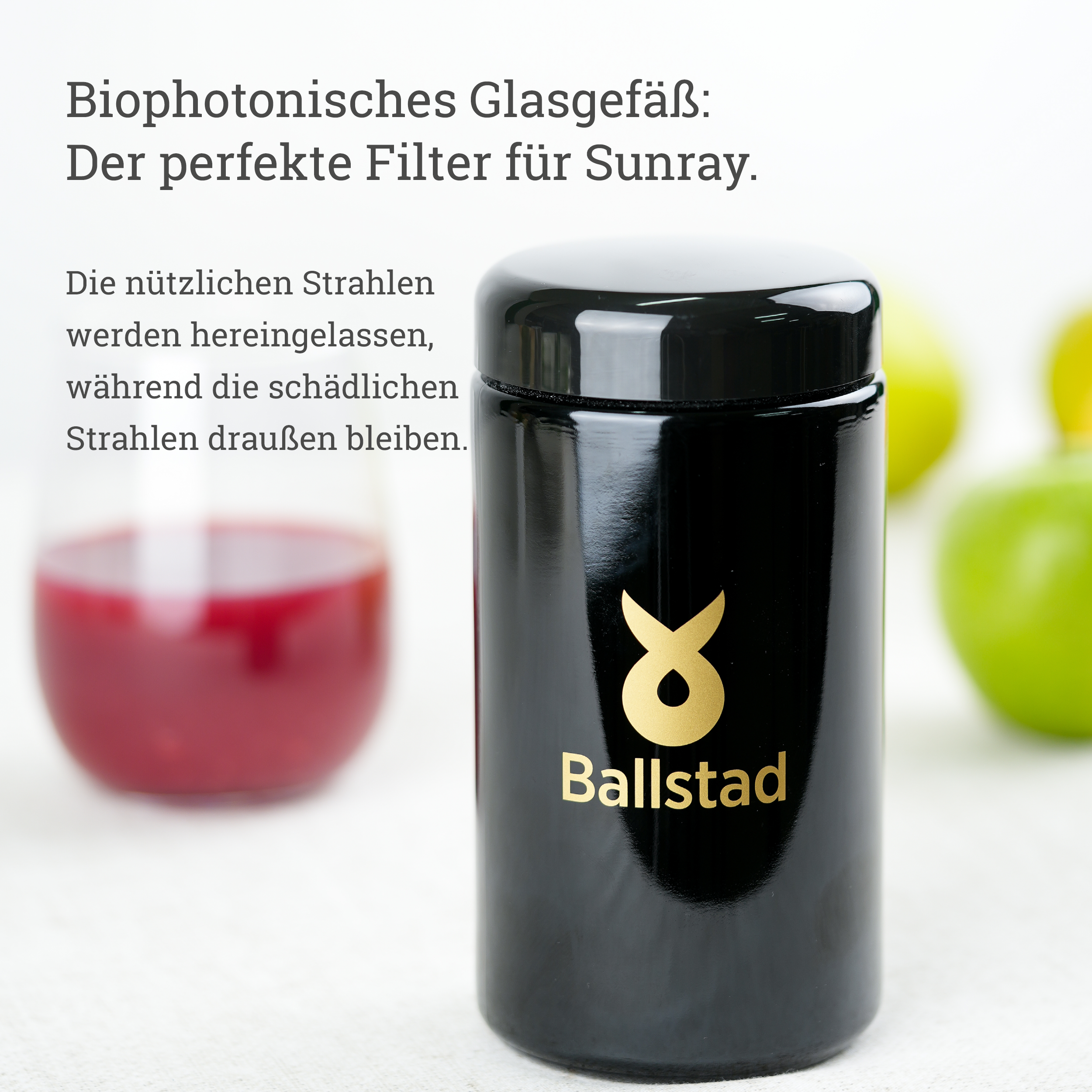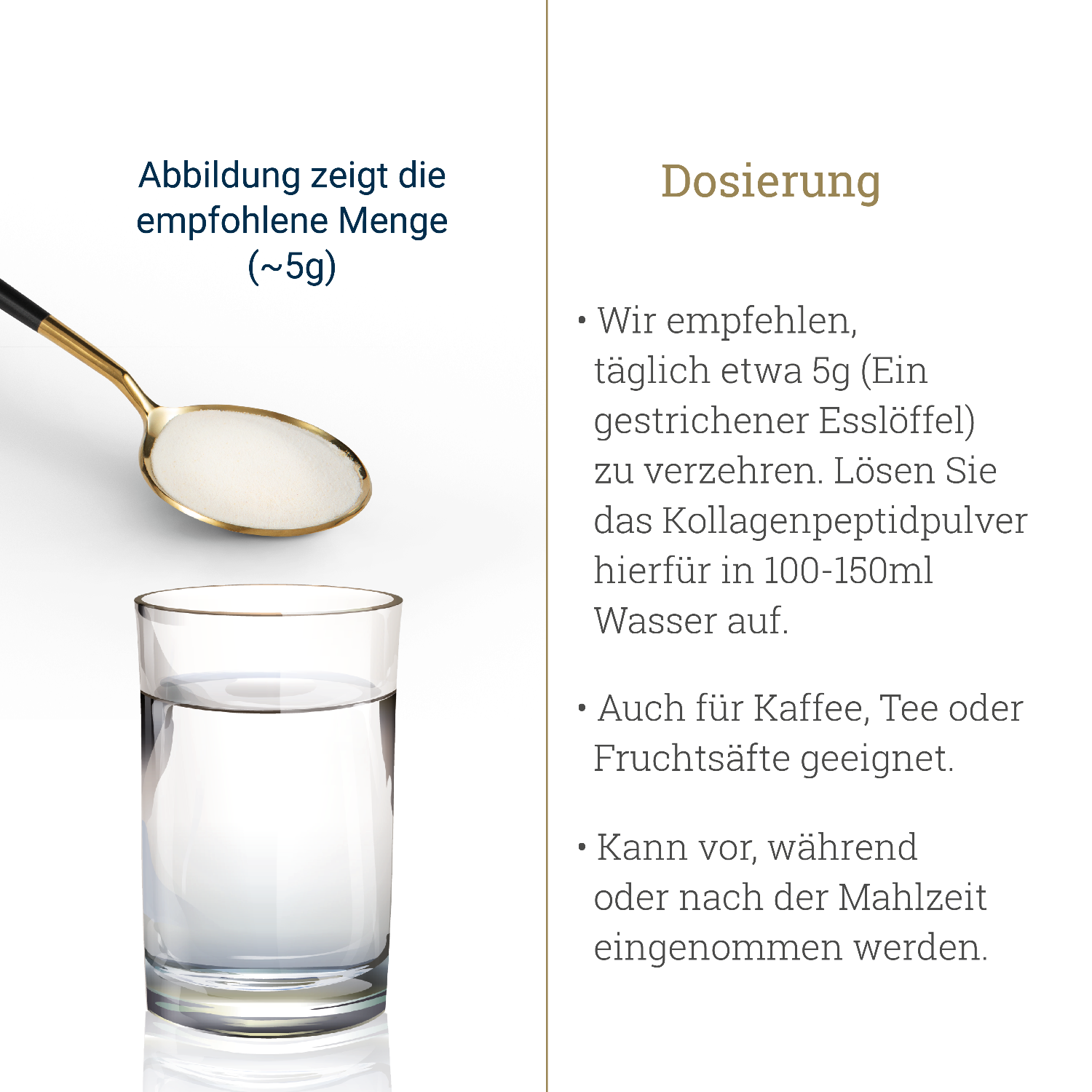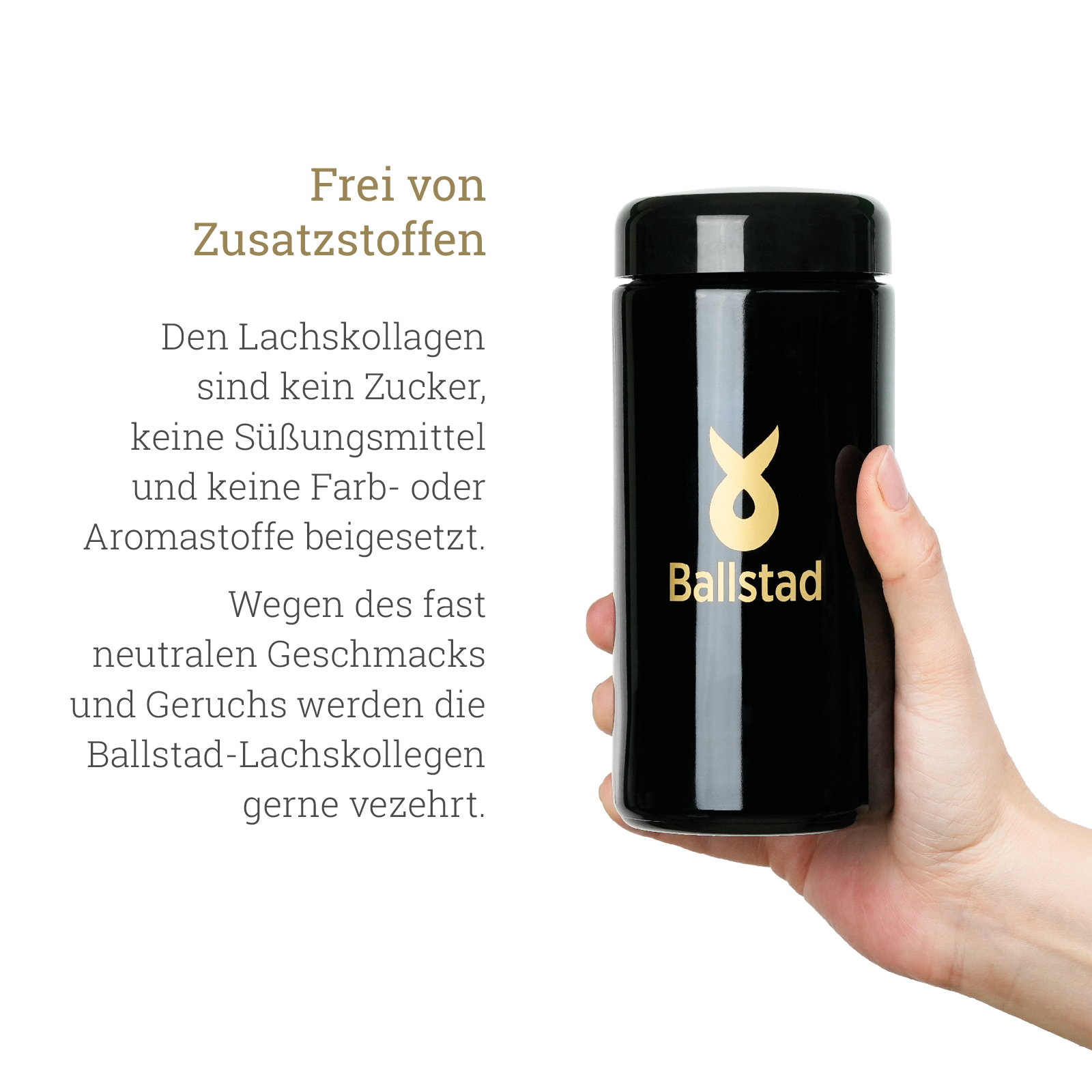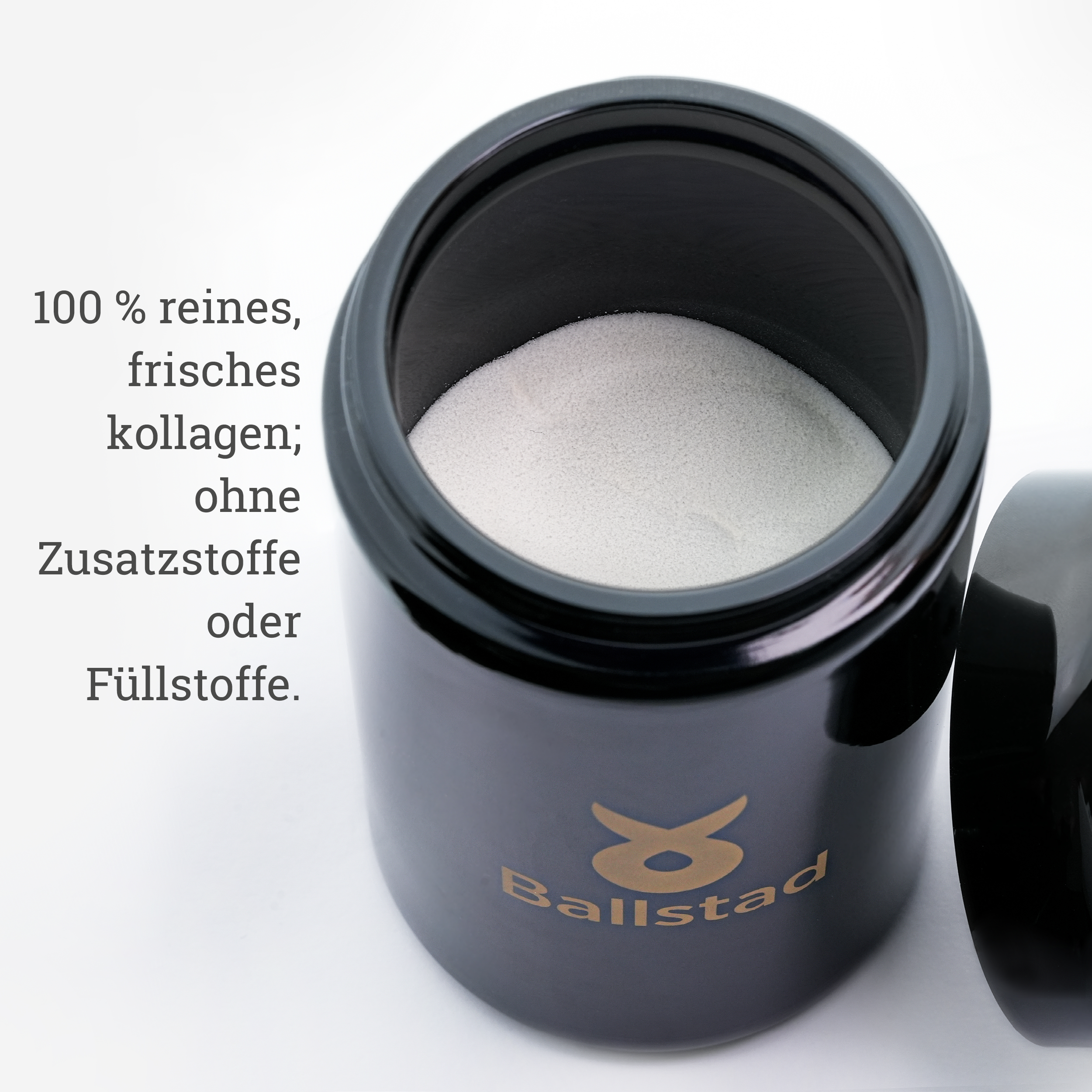Hair care starts beneath the surface
When it comes to hair care , many people think of shampoos, conditioners, or serums . But the foundation for strong hair lies deeper – within our bodies. Here, the structural protein collagen plays an important, often underestimated, role.
Collagen isn't just important for skin and joints—it also helps strengthen the base of hair follicles , which are embedded deep in the dermis , the collagen-rich layer of skin. With increasing age—from about the mid-20s onward—natural collagen production decreases. This can affect hair structure, for example, through thinner strands , slower growth , or increased brittleness .
How collagen can contribute to hair structure
1. Support against oxidative stress
Free radicals caused by UV radiation, environmental pollution, or an unbalanced diet can damage cells—including hair follicles. Collagen contains the amino acid proline , an essential component of keratin , the main protein in hair.
The supply of high-quality collagen peptides can provide the body with building blocks needed for the structure of the hair .
2. Contribution to a healthy scalp environment
A well-nourished, elastic, and hydrated scalp creates the conditions for optimal hair growth. Collagen can help support the scalp's natural moisture balance and reduce problems such as dryness or tightness .
Some studies suggest that regular collagen intake may be associated with an increase in hair thickness and a reduction in hair loss .
Which collagen is suitable for hair-conscious people?
For targeted support, we recommend collagen with high bioavailability , i.e. a form that the body can easily absorb and utilize.
Marine collagen , e.g., from sustainably sourced fish, is characterized by a particularly fine peptide structure. This allows it to be absorbed more quickly than many other collagen sources.
Ballstad Salmon Collagen is hydrolyzed, odorless, and tasteless—ideal for mixing into smoothies, tea, or coffee.
It naturally contains a lot of type I collagen , which is particularly found in skin, hair and nails – an important component for maintaining a stable hair structure .
Small routine – big impact
Taking collagen daily doesn't require a major change in your daily routine, but it can help support hair quality and structure in the long term. If you notice increased hair breakage , slower hair growth , or dull hair , this could be a sign that it's time to strengthen your body from within.
Because beautiful hair doesn’t just start in the bathroom – it starts inside the body.
Sources
-
Bolke L. et al. (2019): Dietary supplementation of collagen peptides improves hair properties in women - Journal of Medicinal Food
-
EFSA Journal – Assessment of collagen hydrolysate and its relationship to skin, hair and nail health
-
Proksch et al. (2014): Collagen peptides and their effect on skin physiology – Skin Pharmacology and Physiology
-
Regulation (EC) No 1924/2006: Health Claims on Foods
-
BfR (Federal Institute for Risk Assessment): Use of collagen in food supplements



